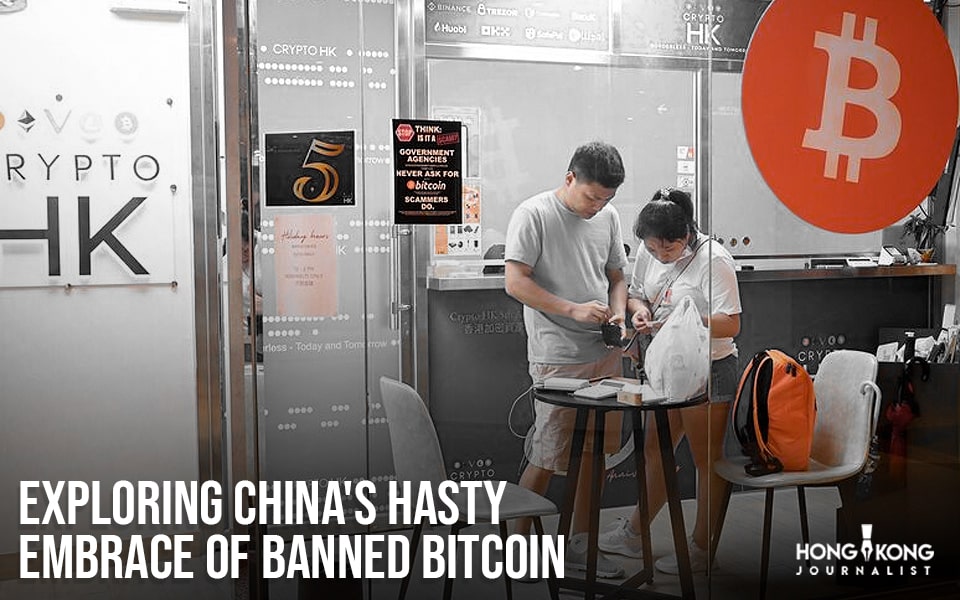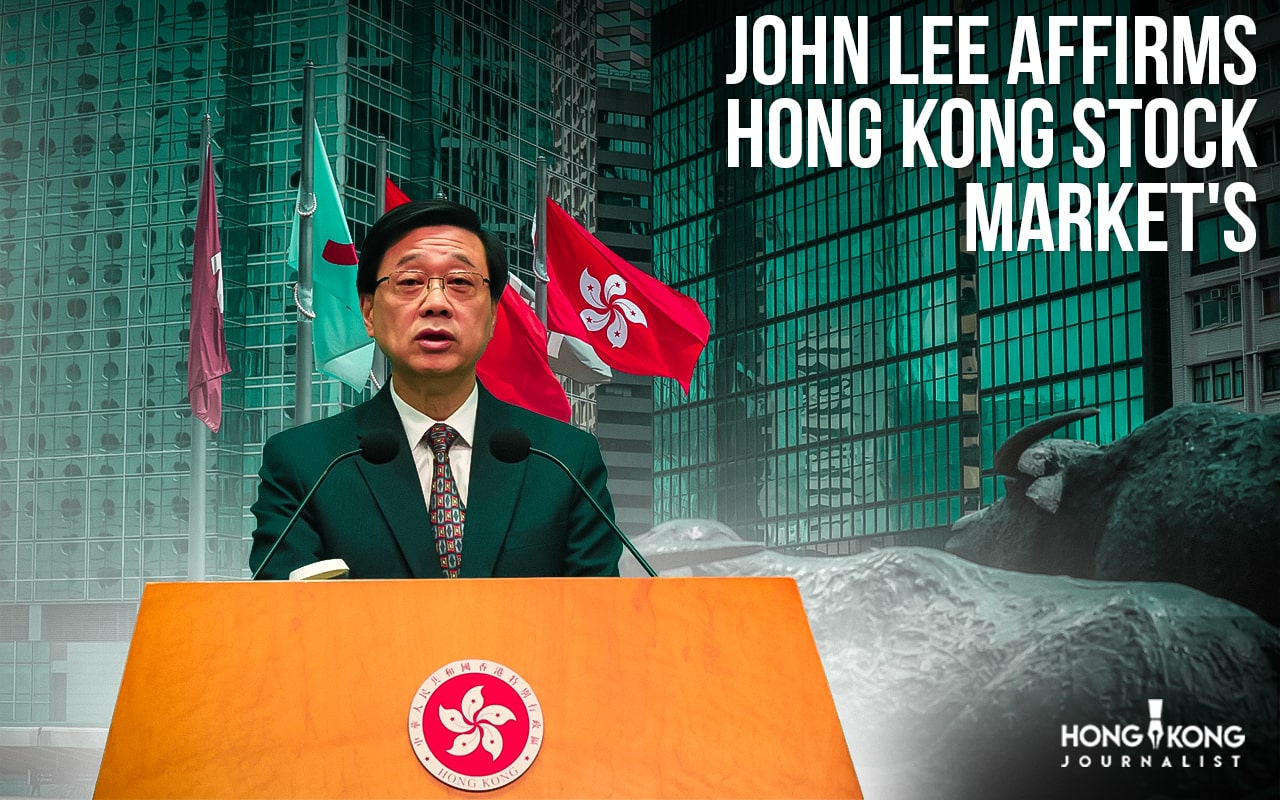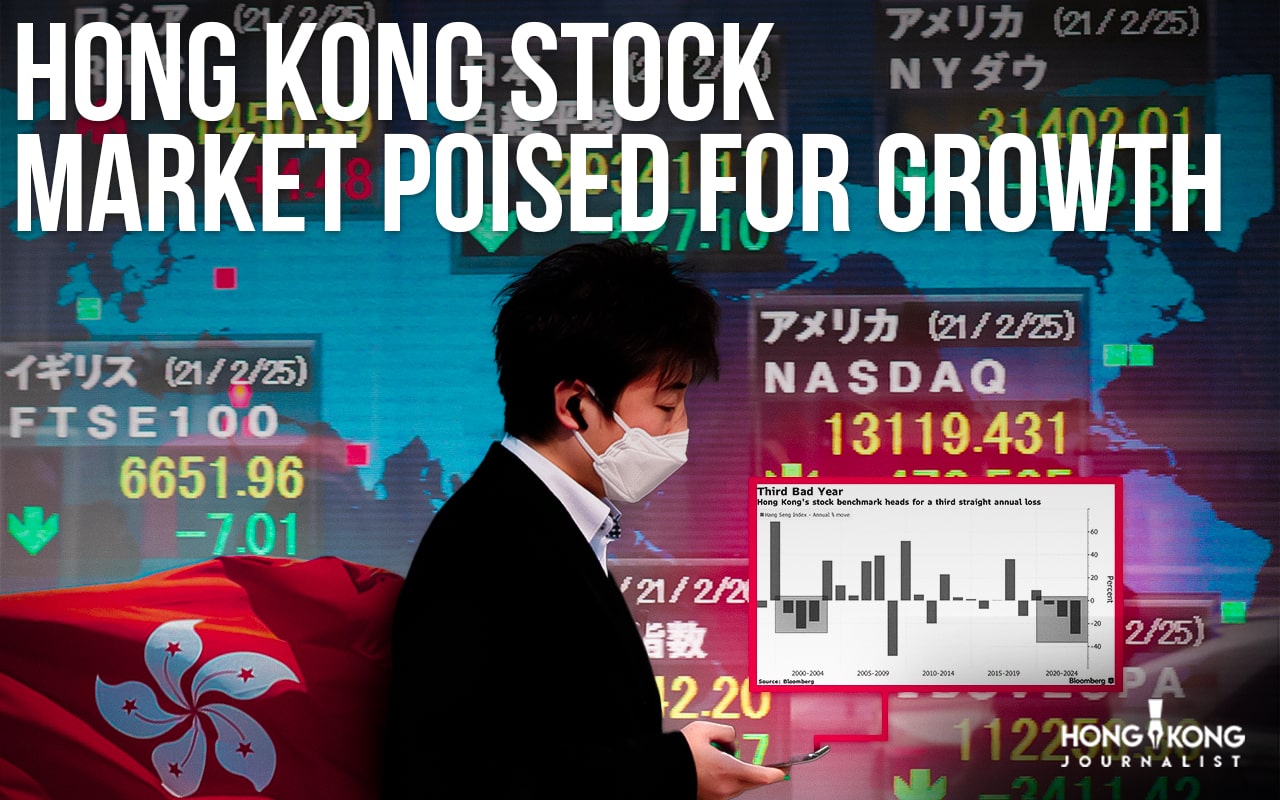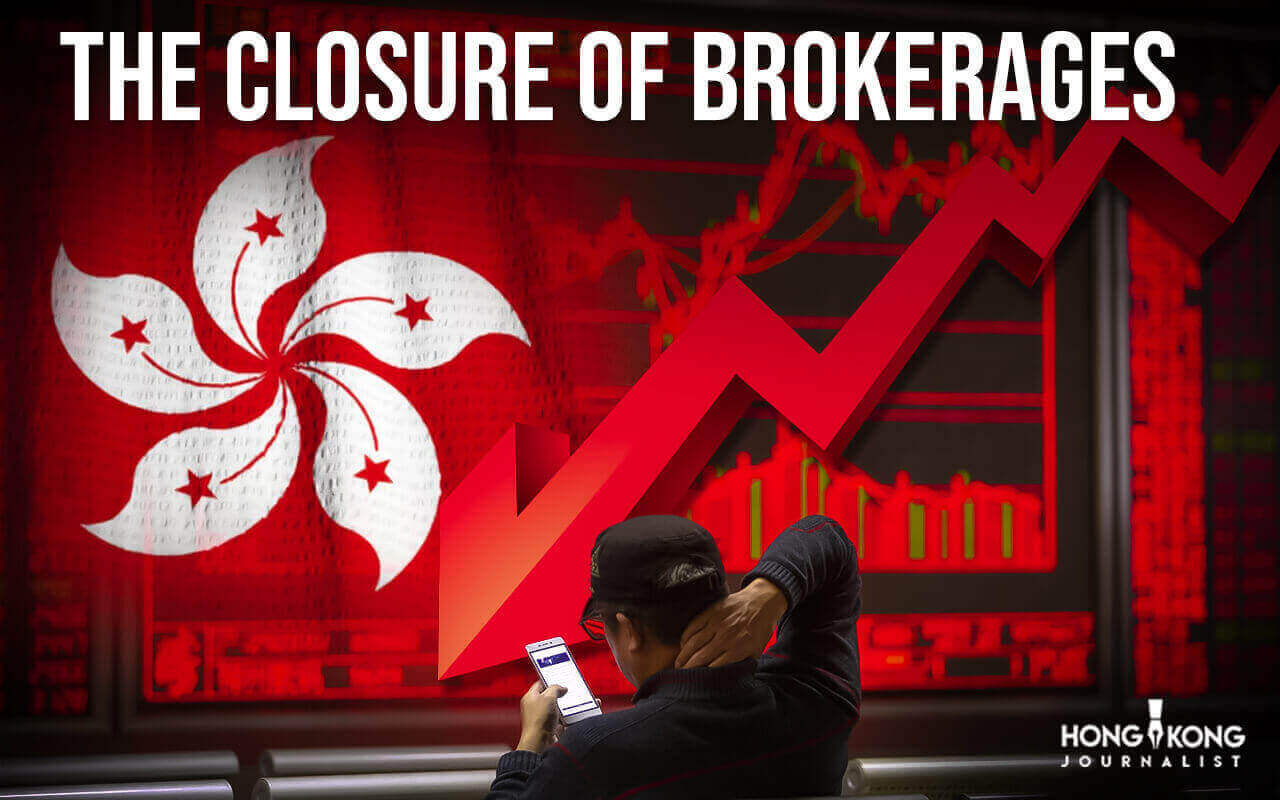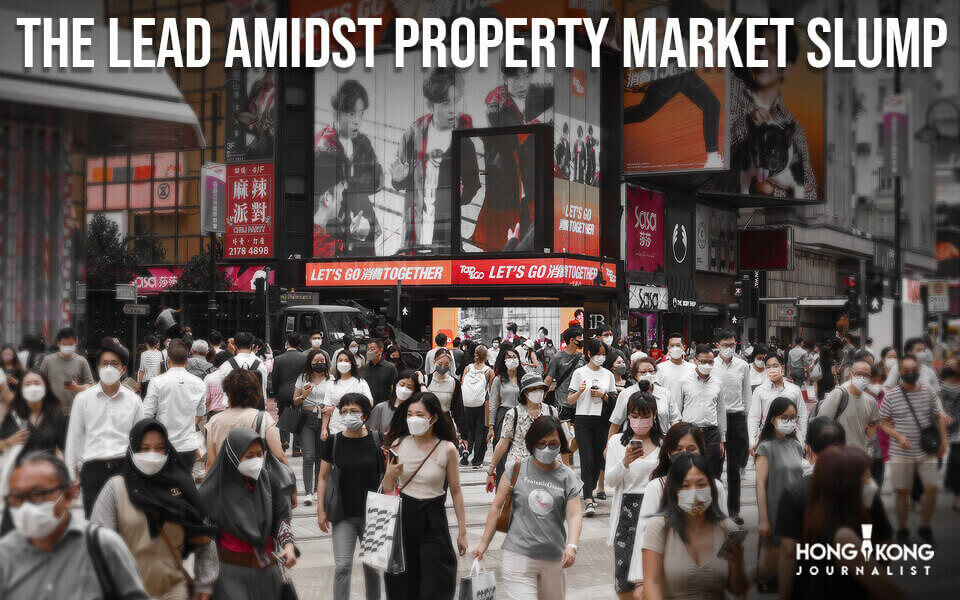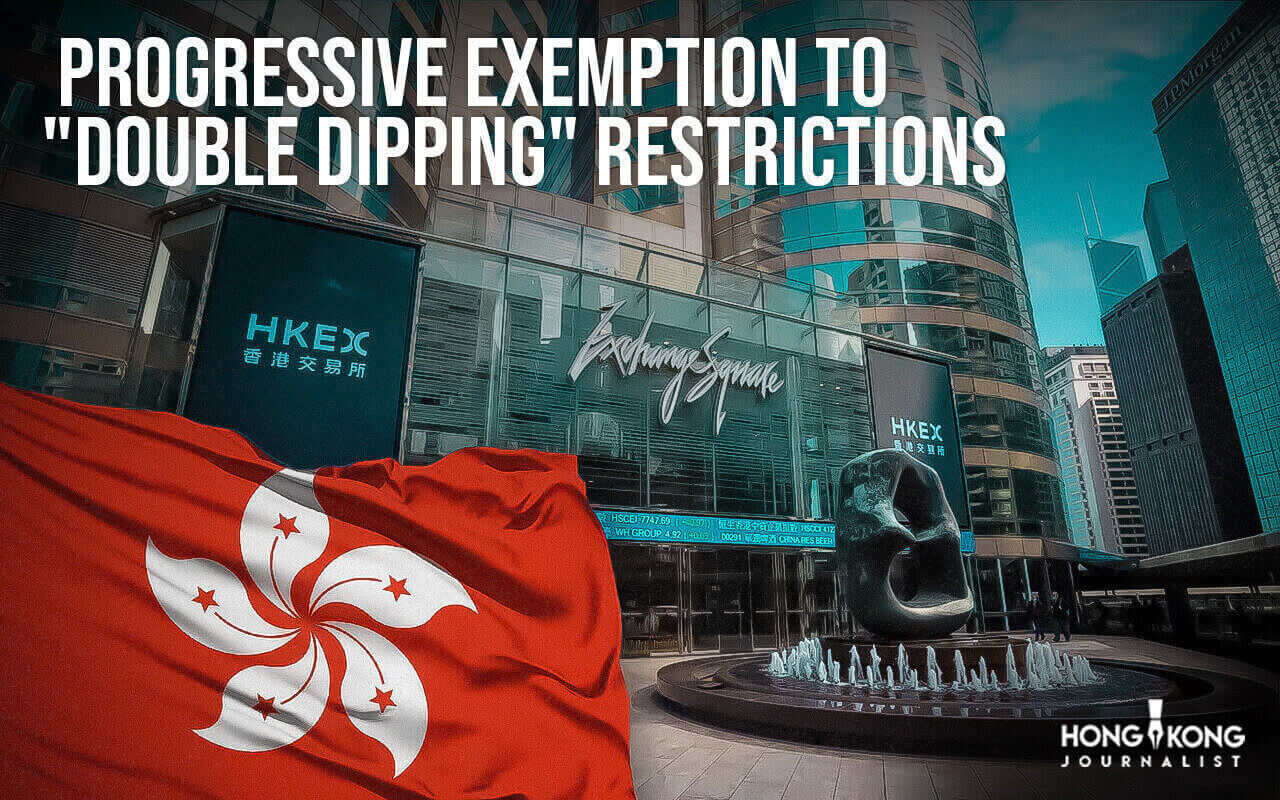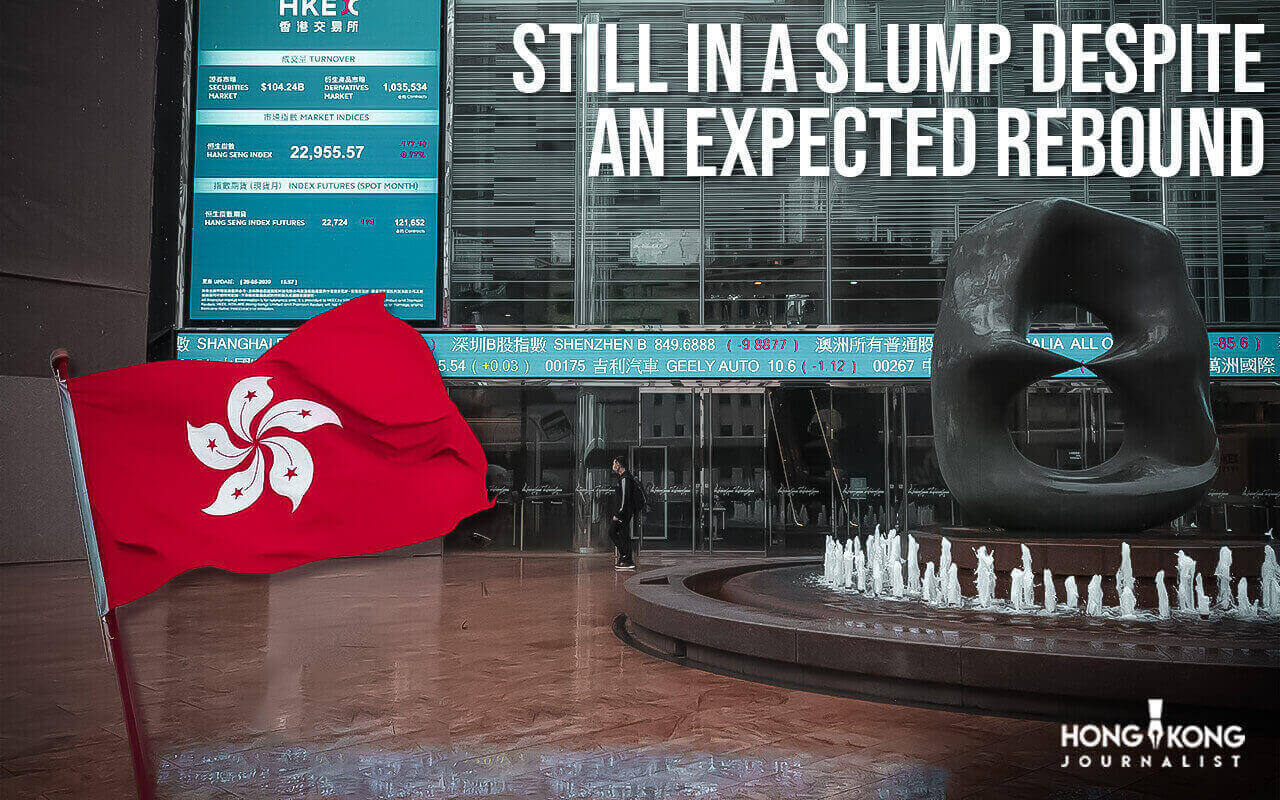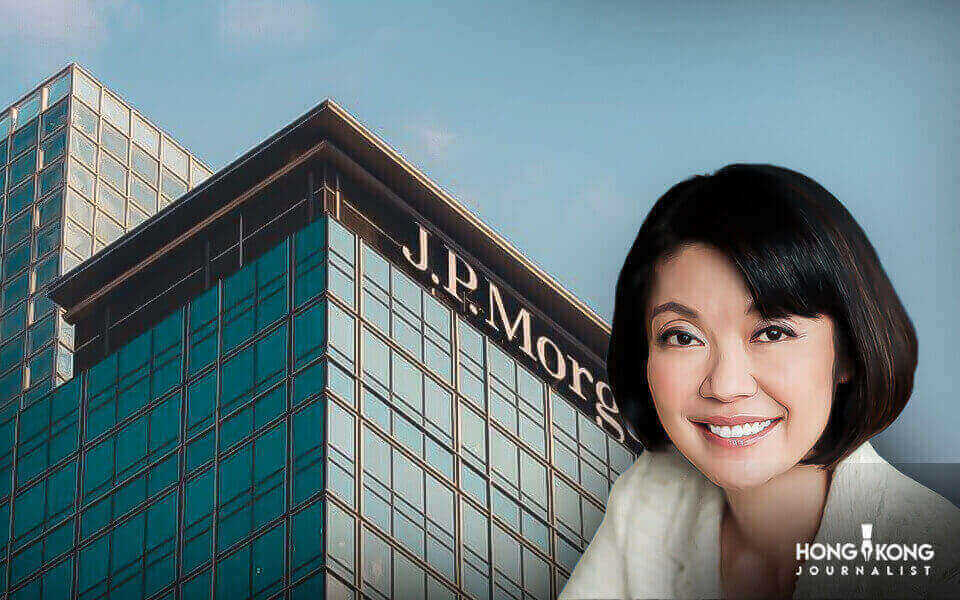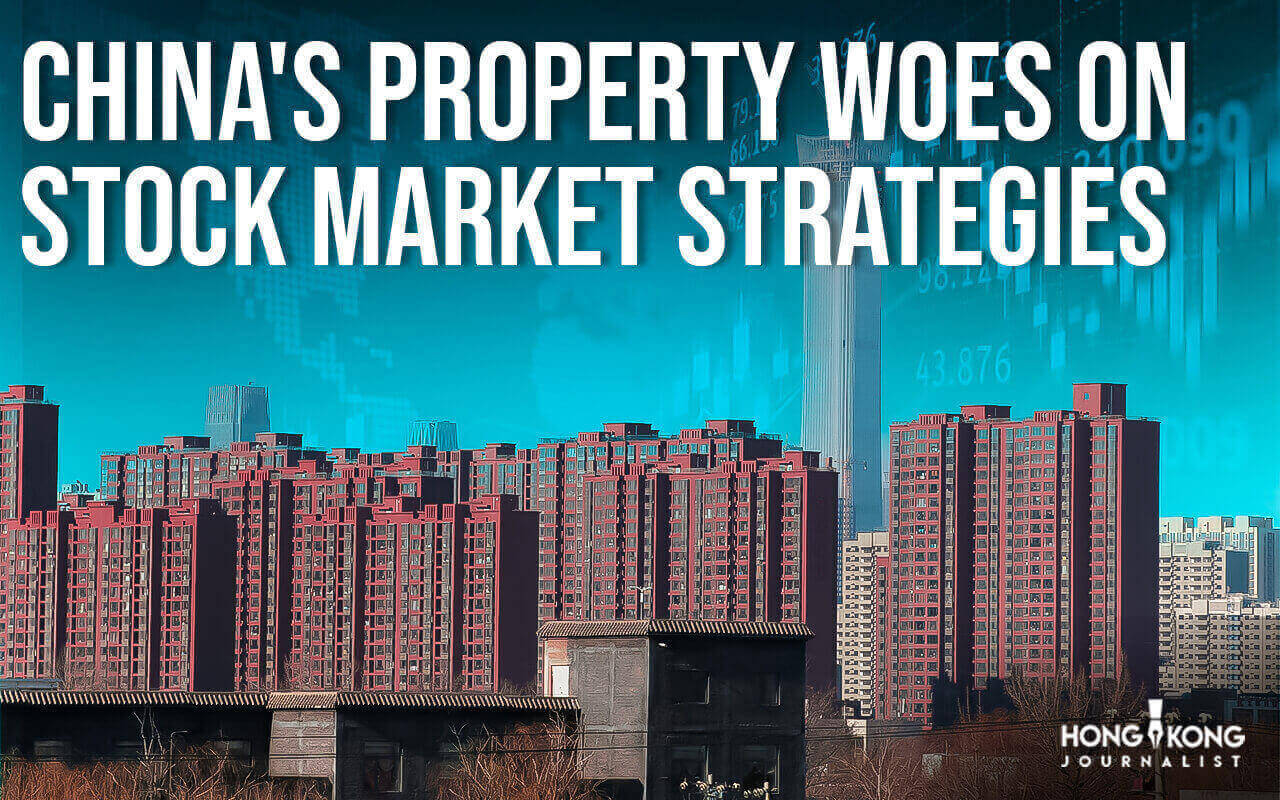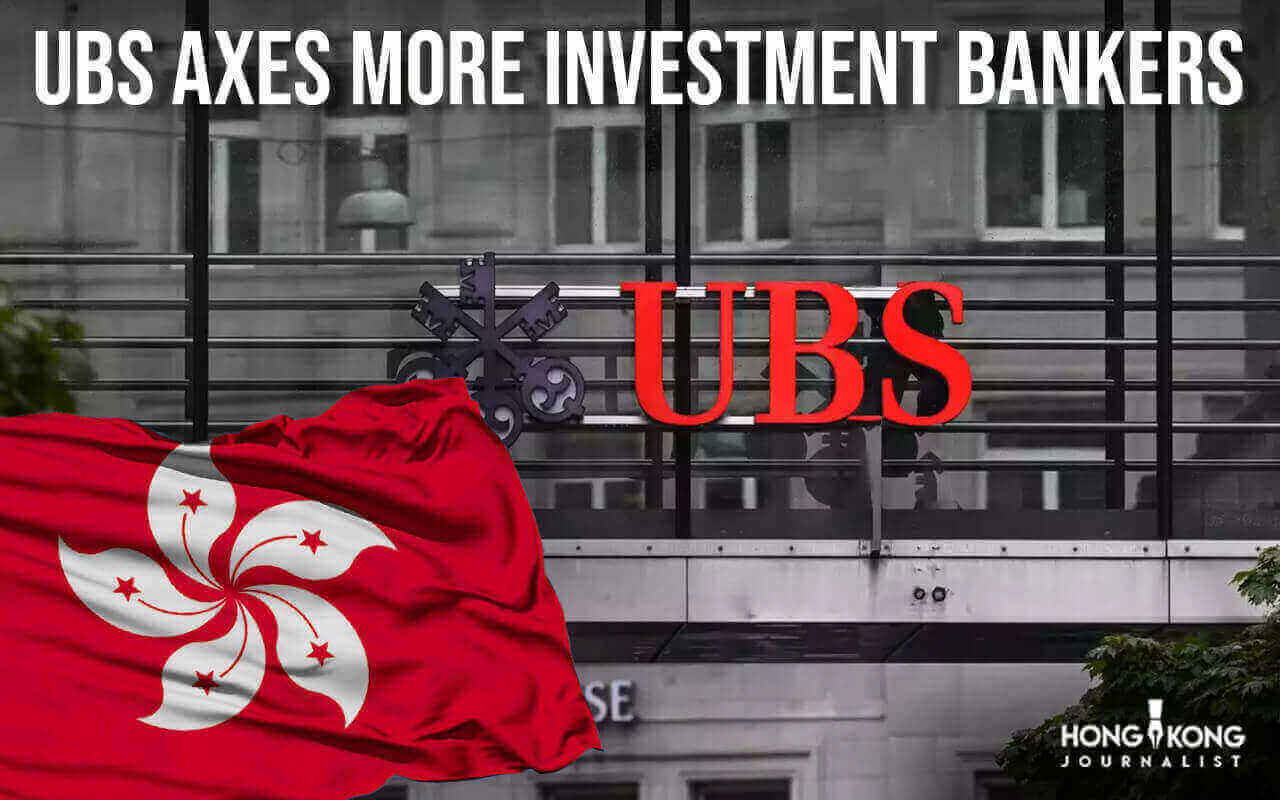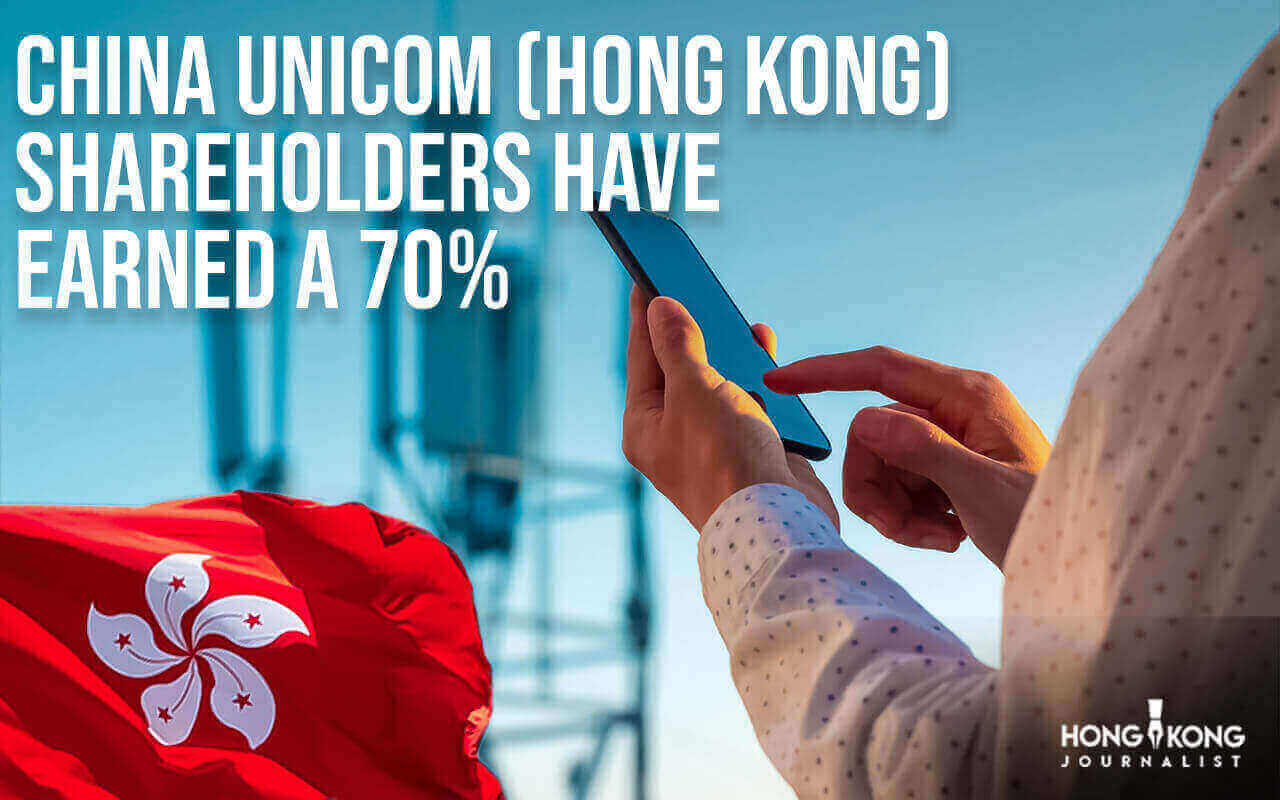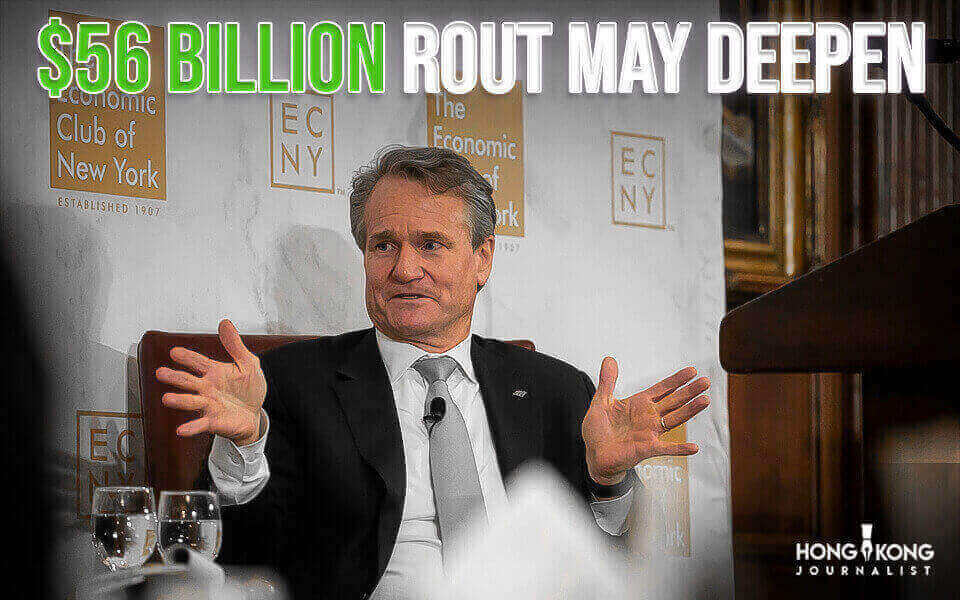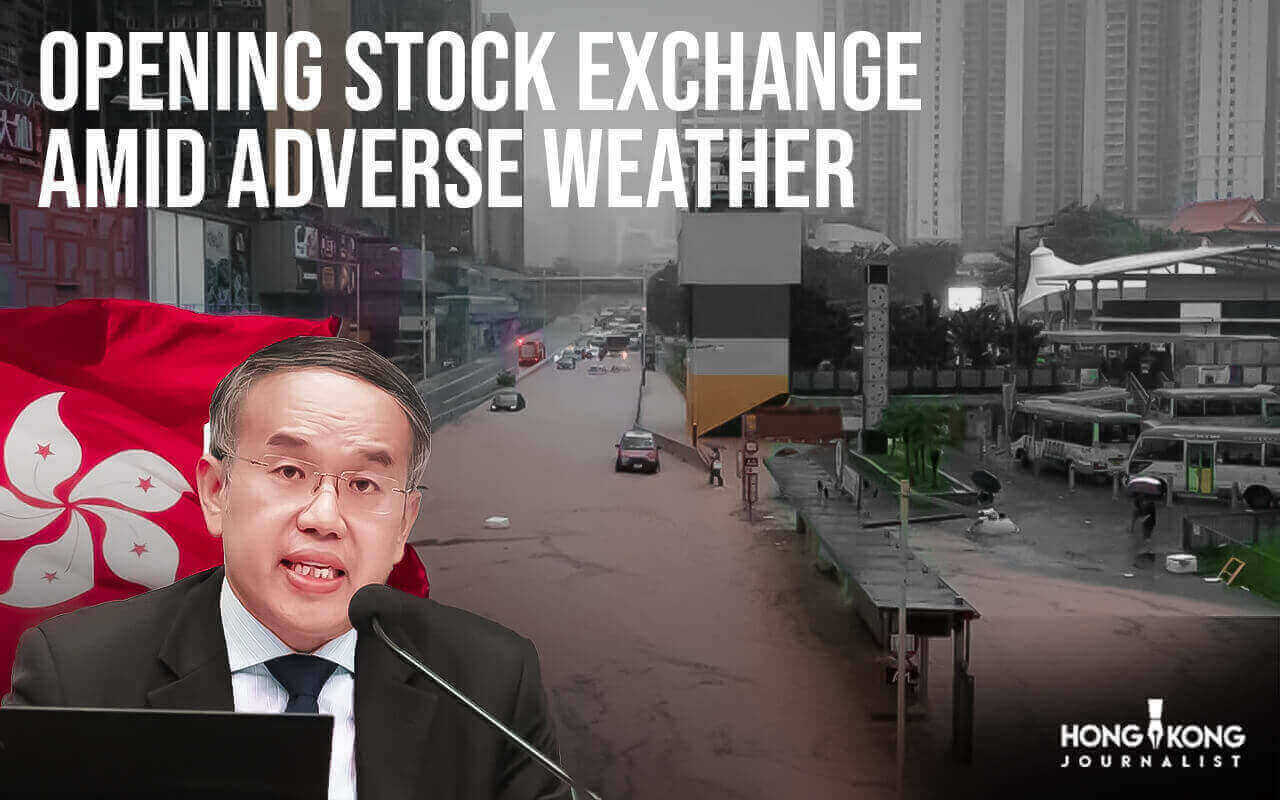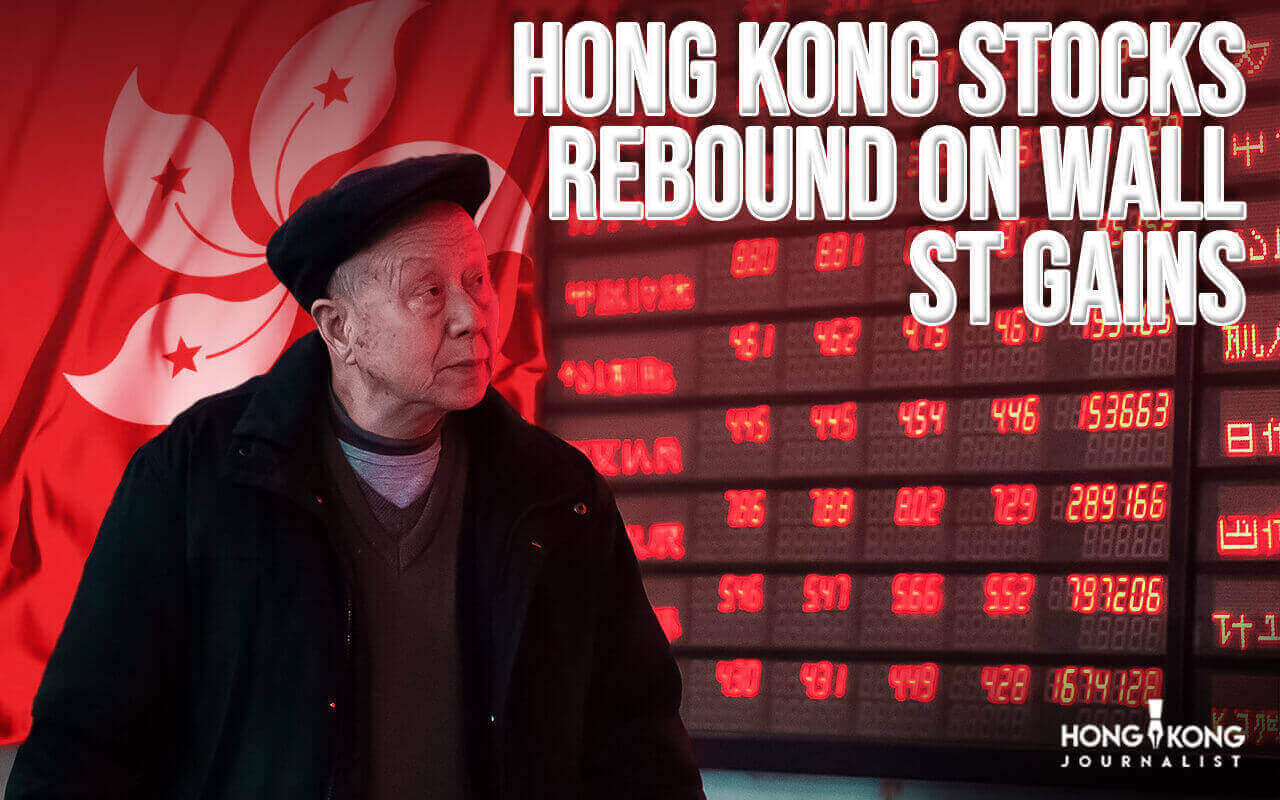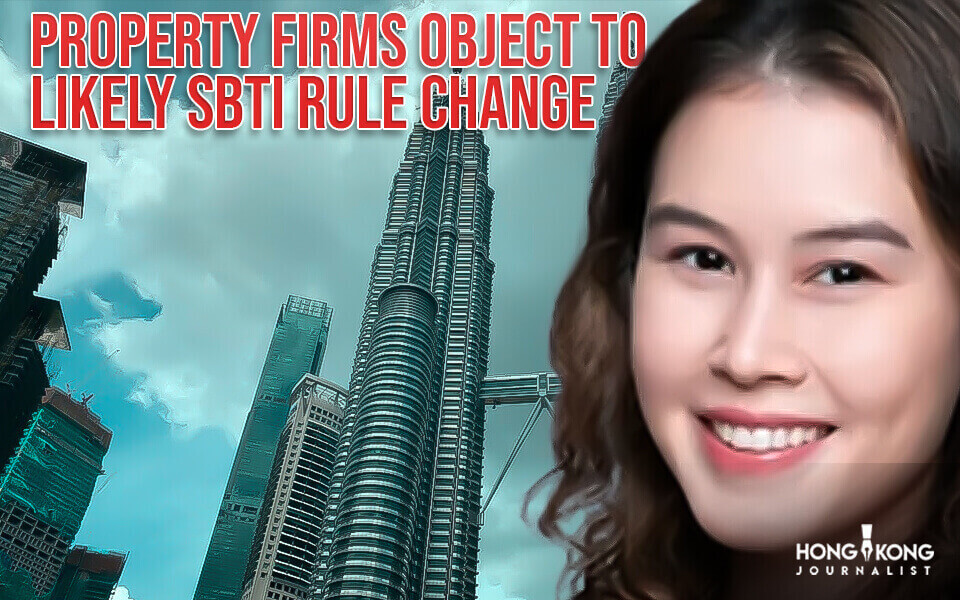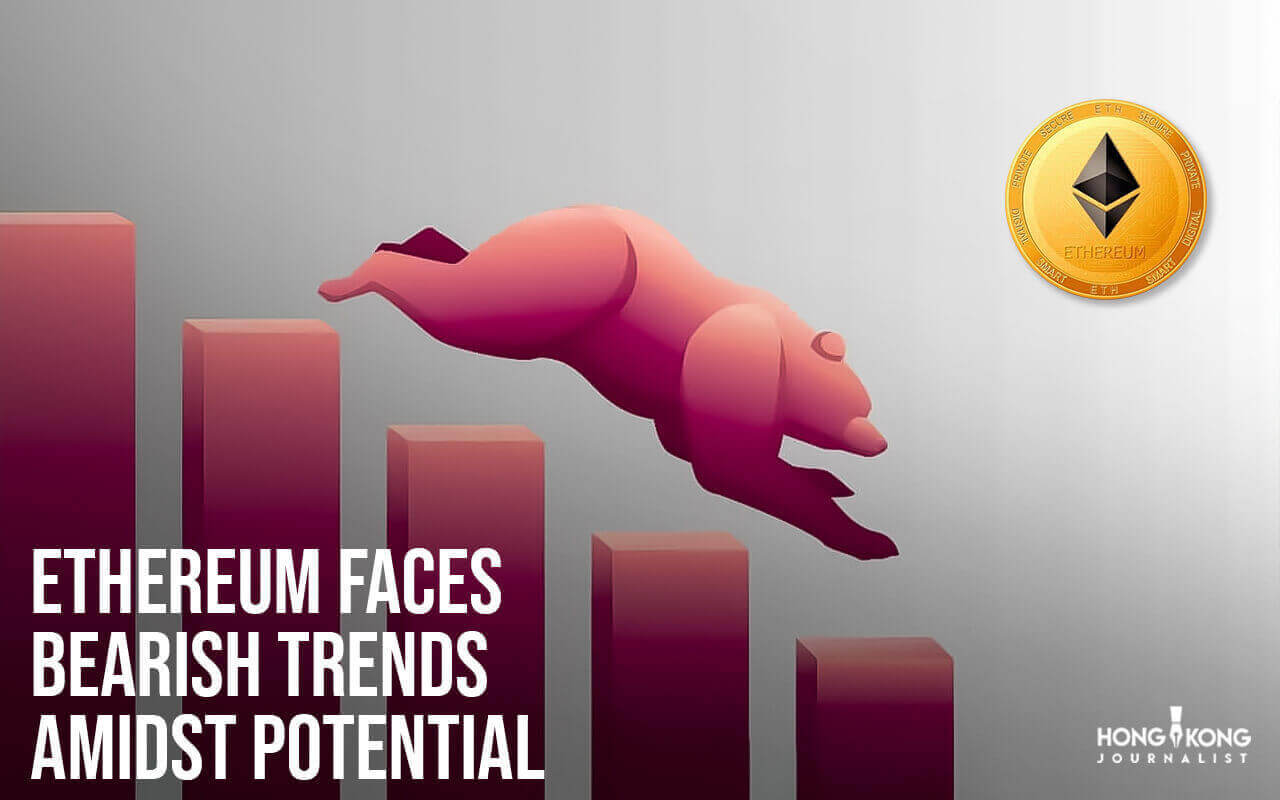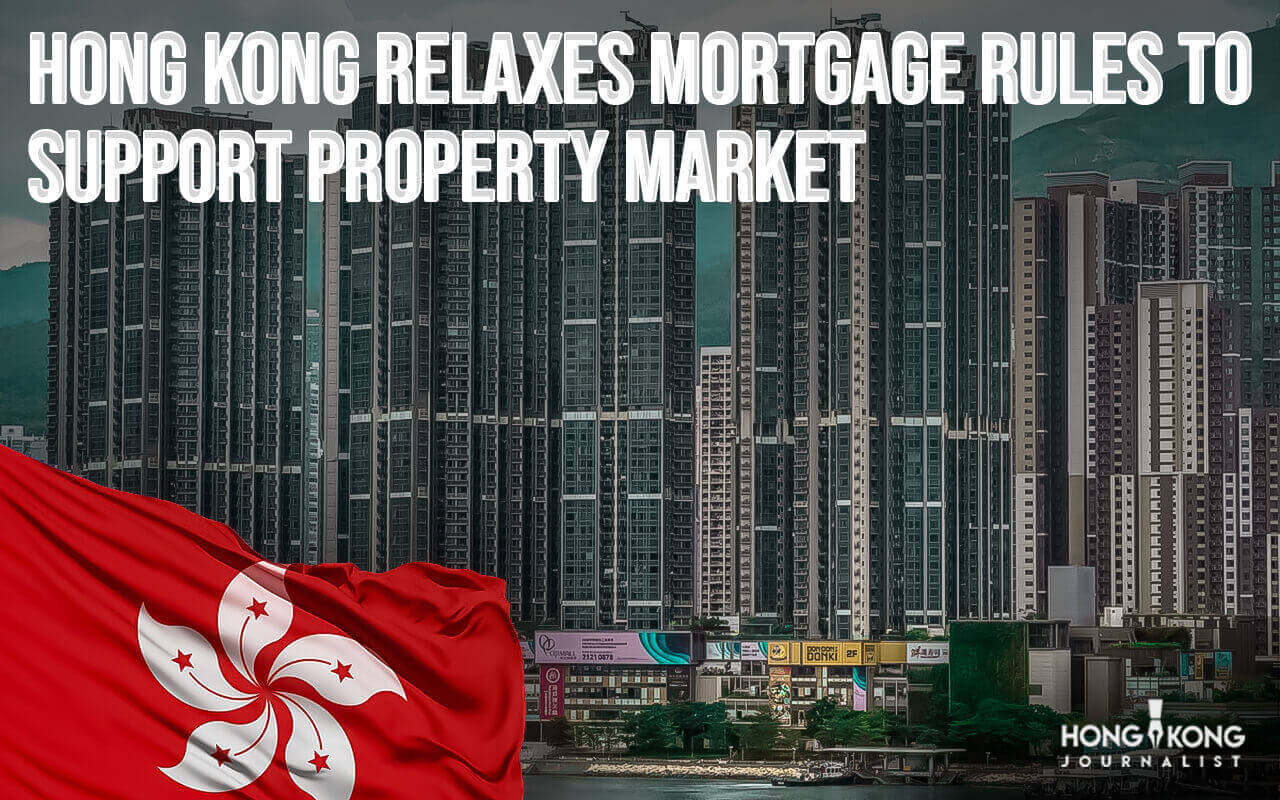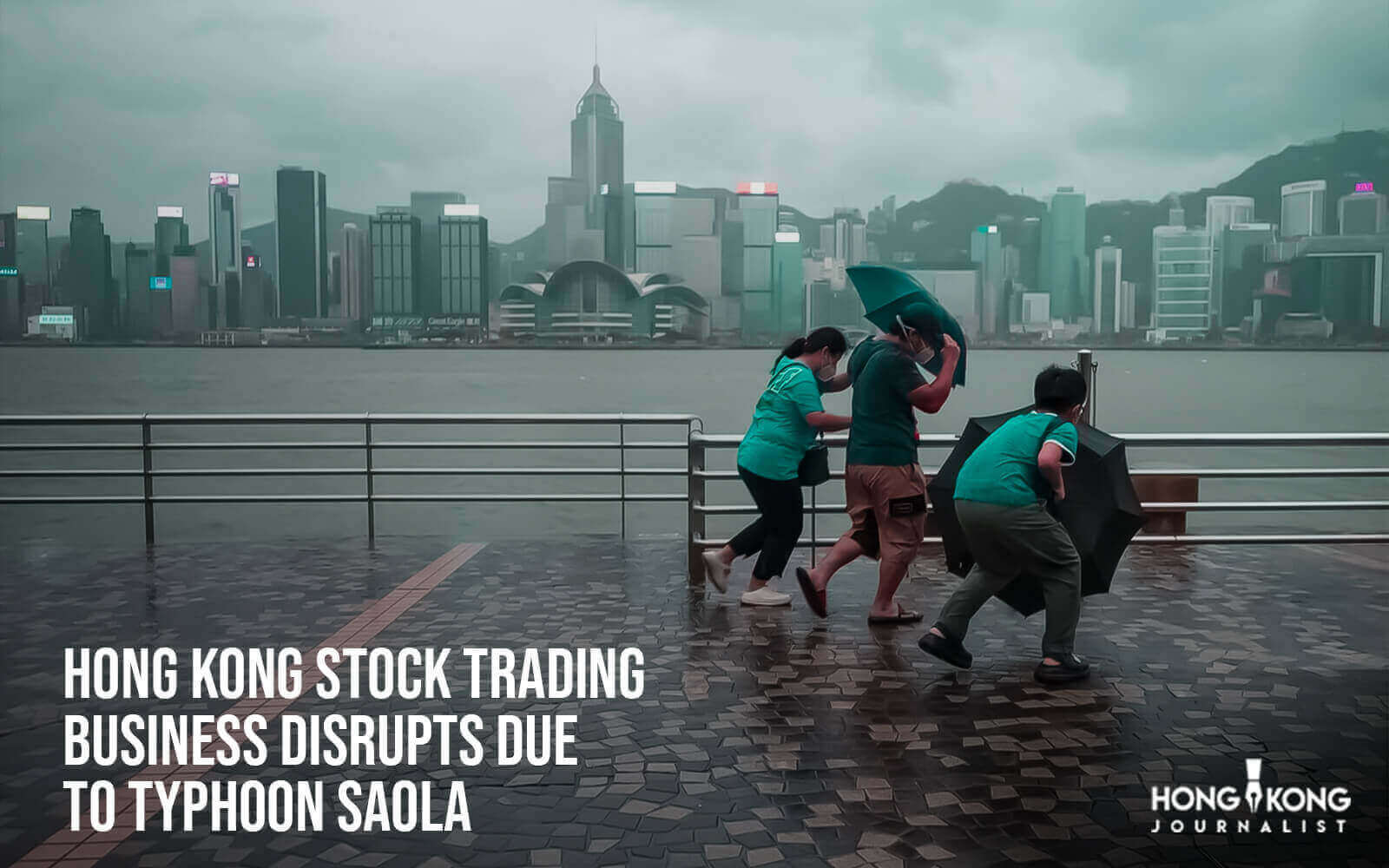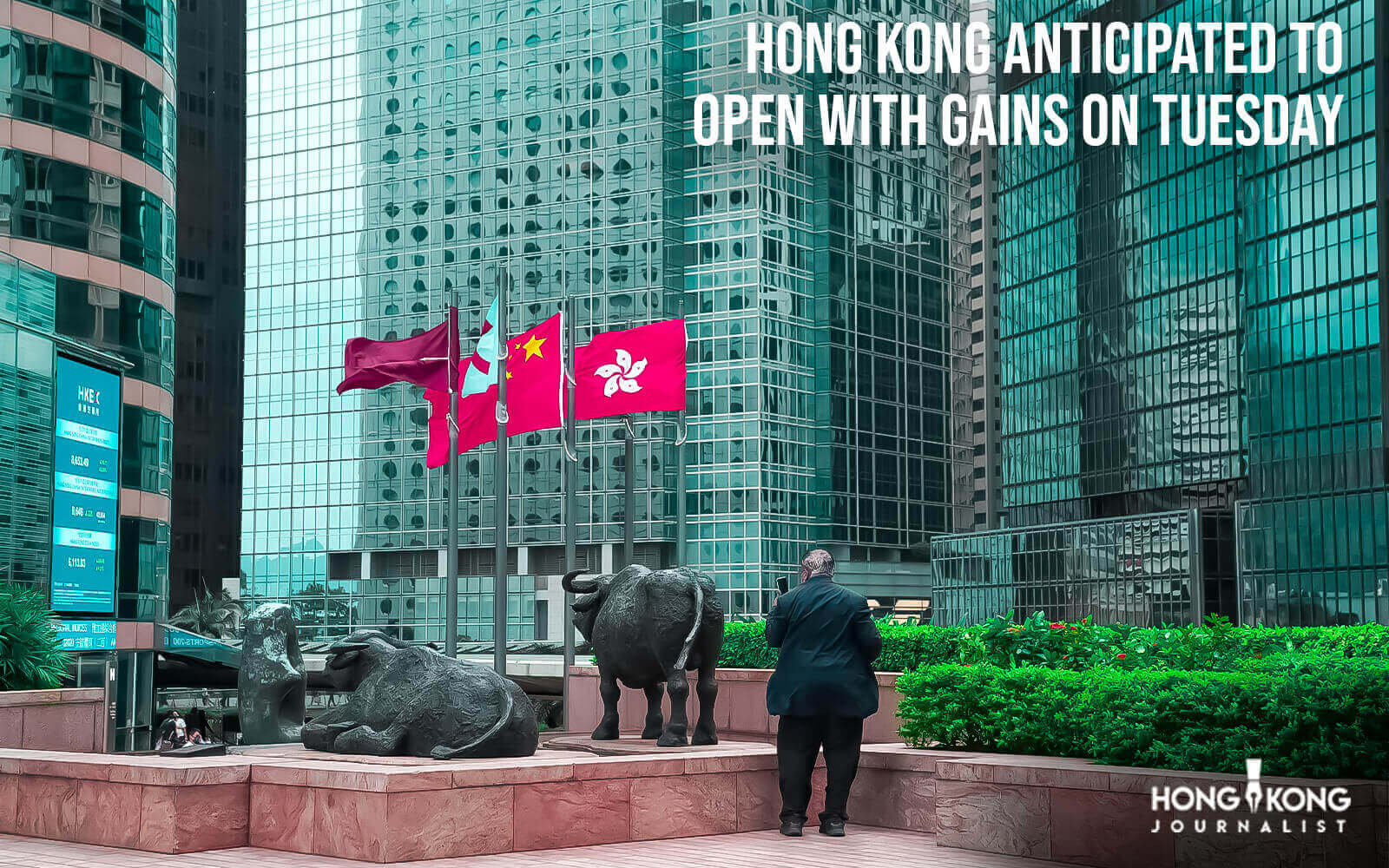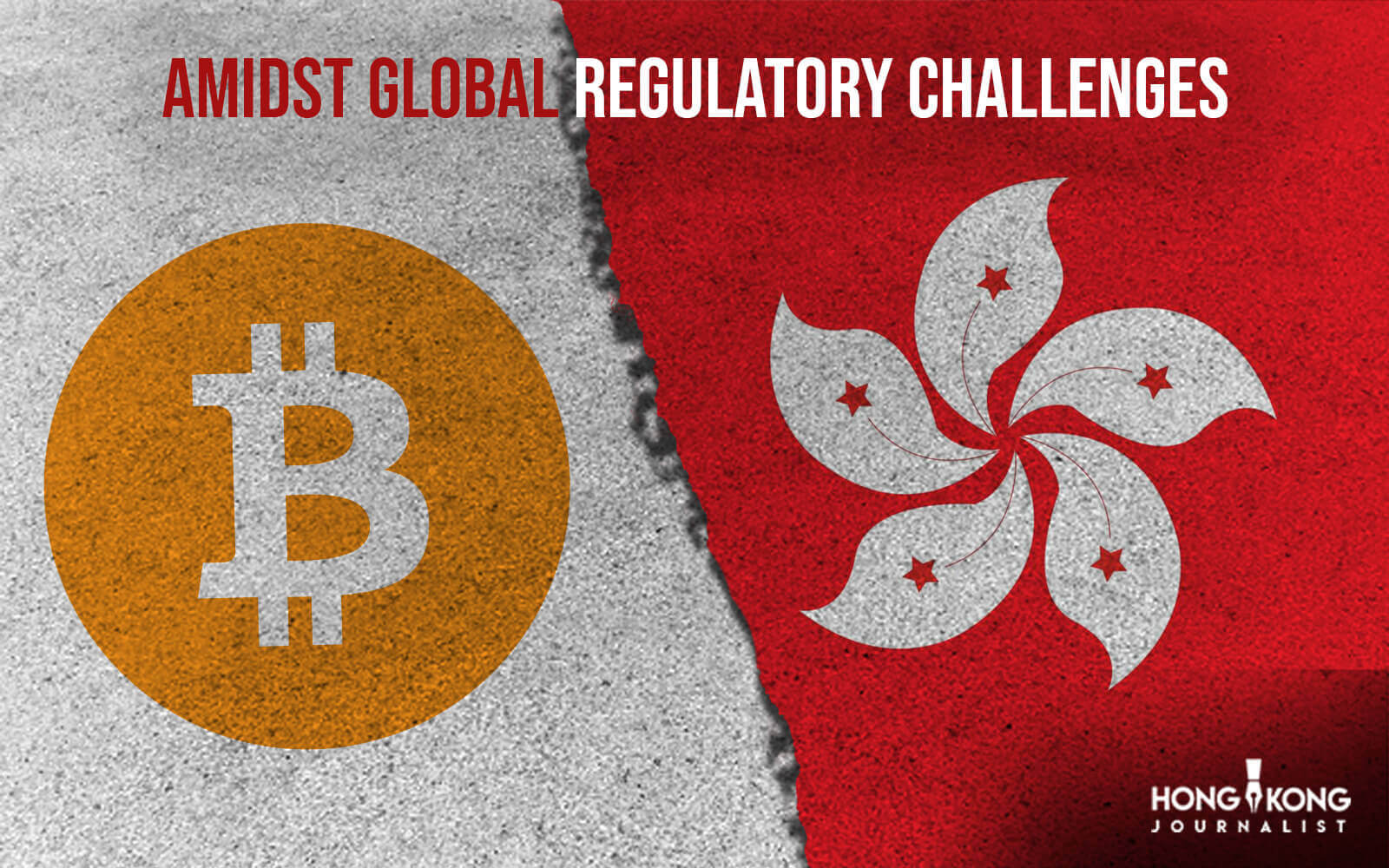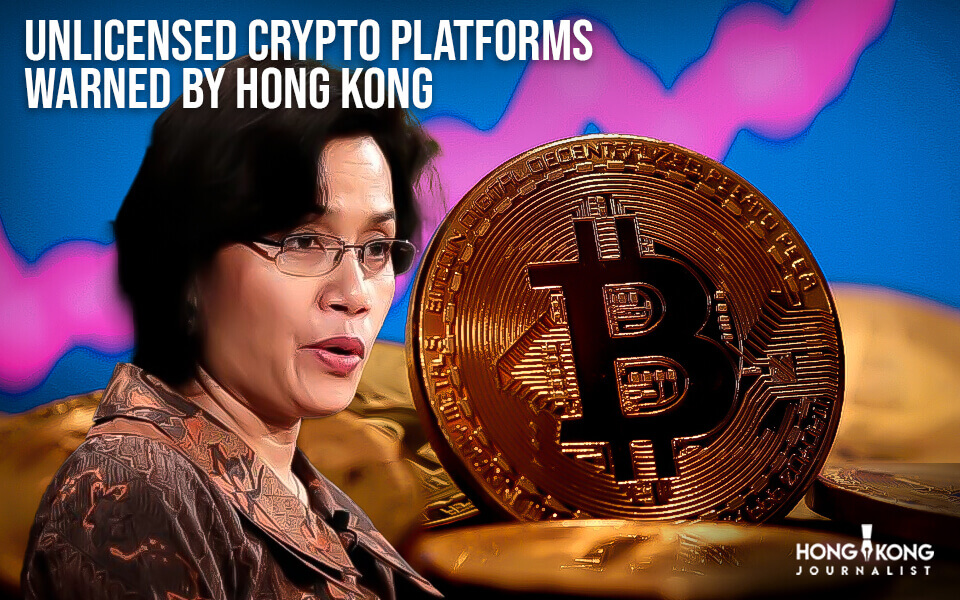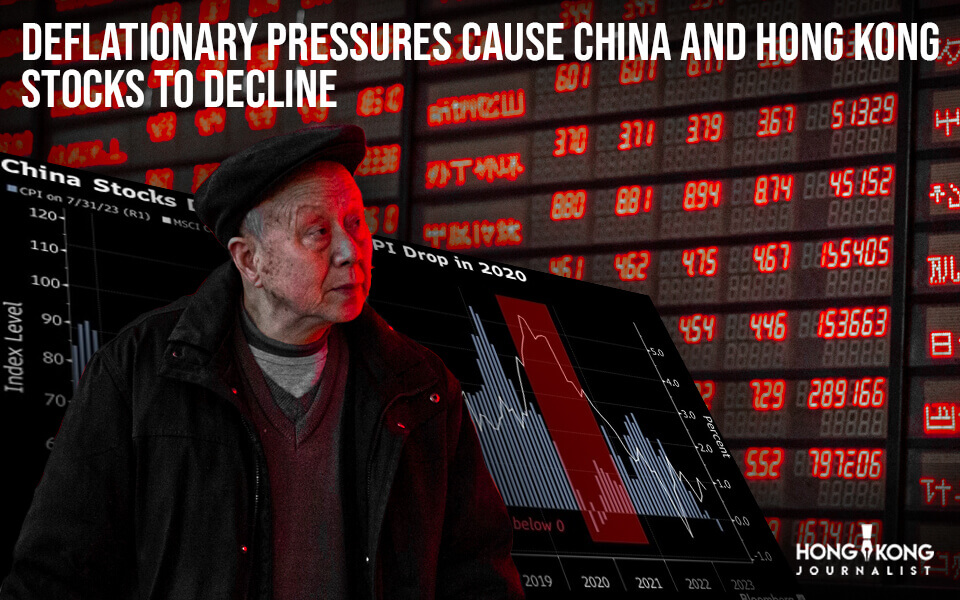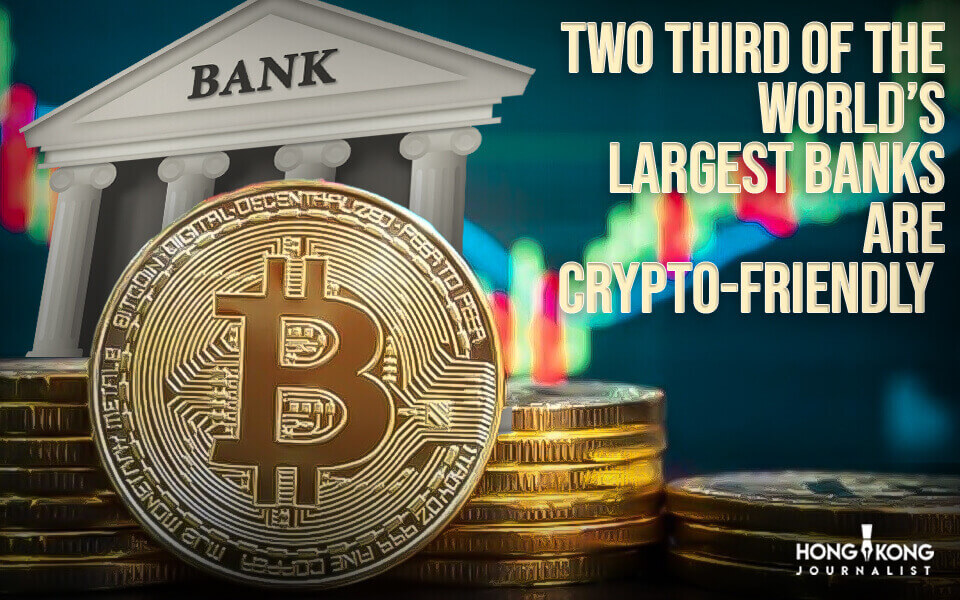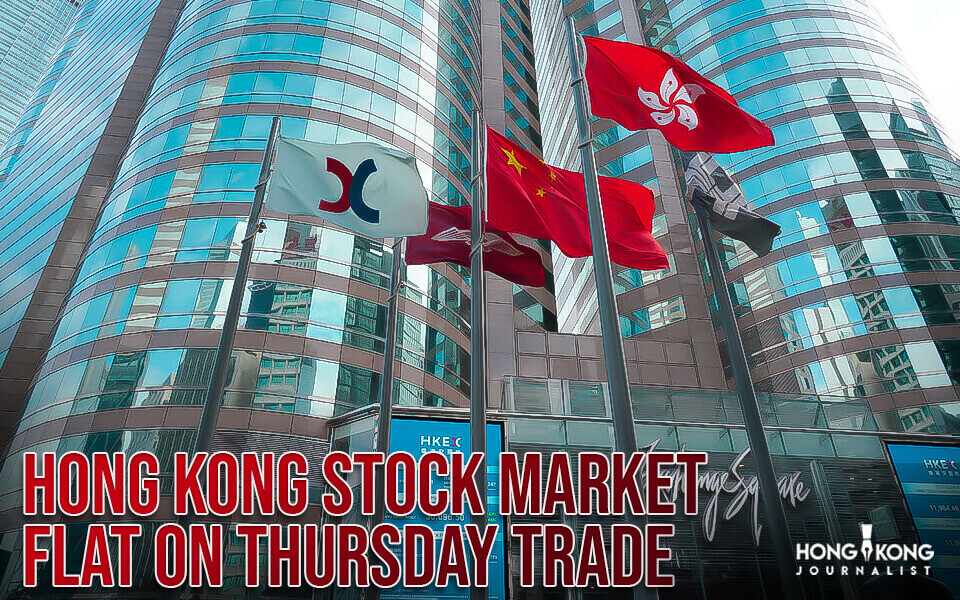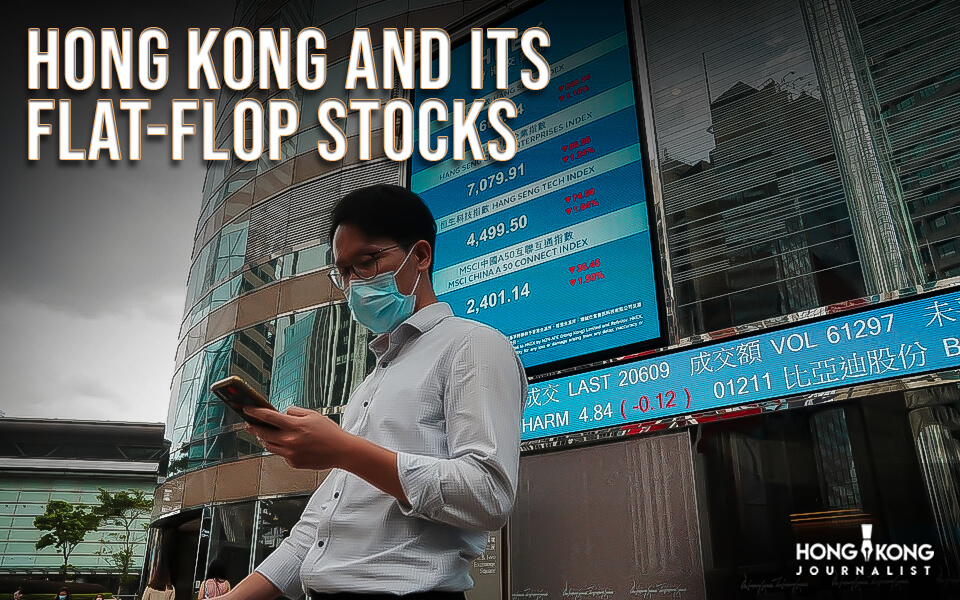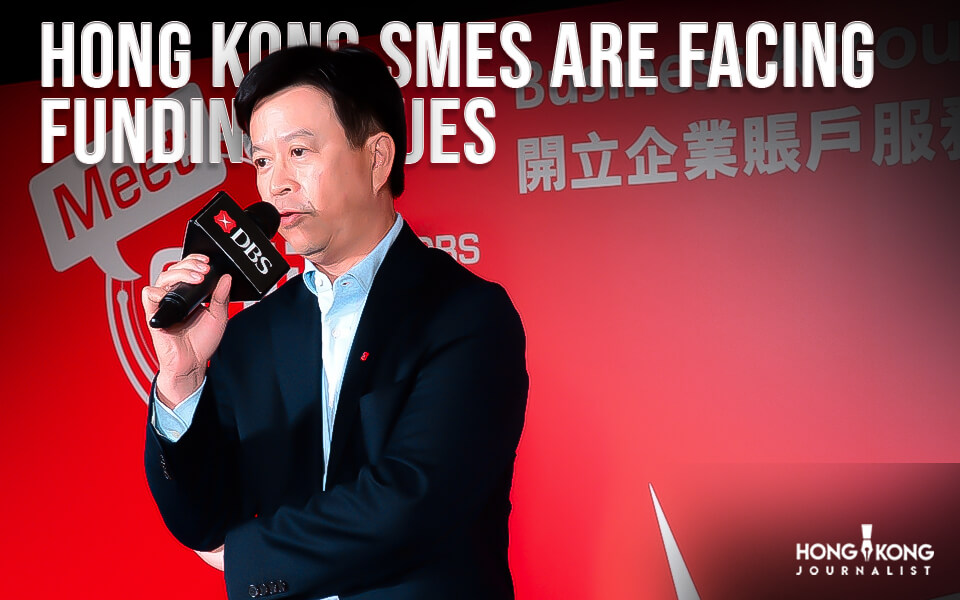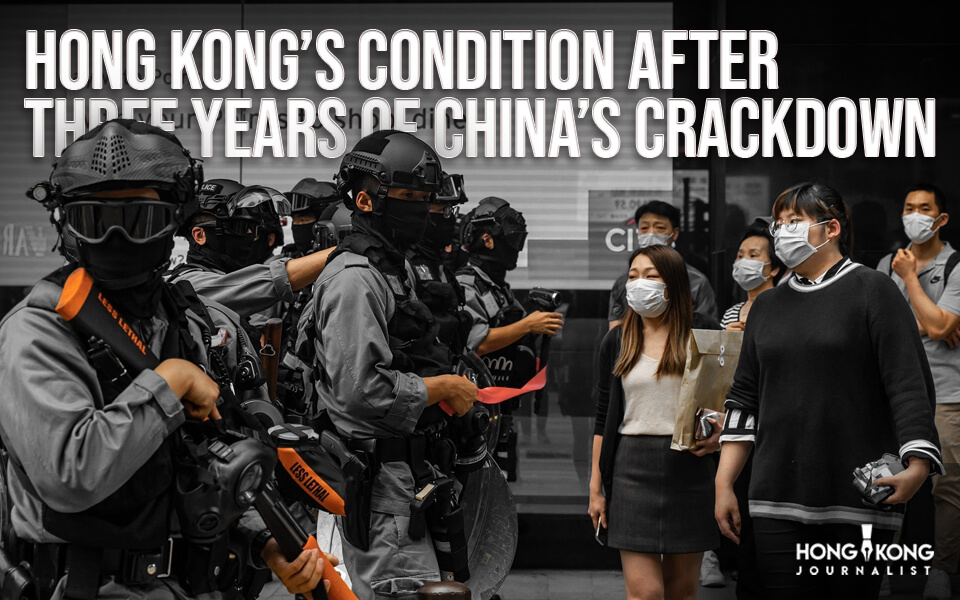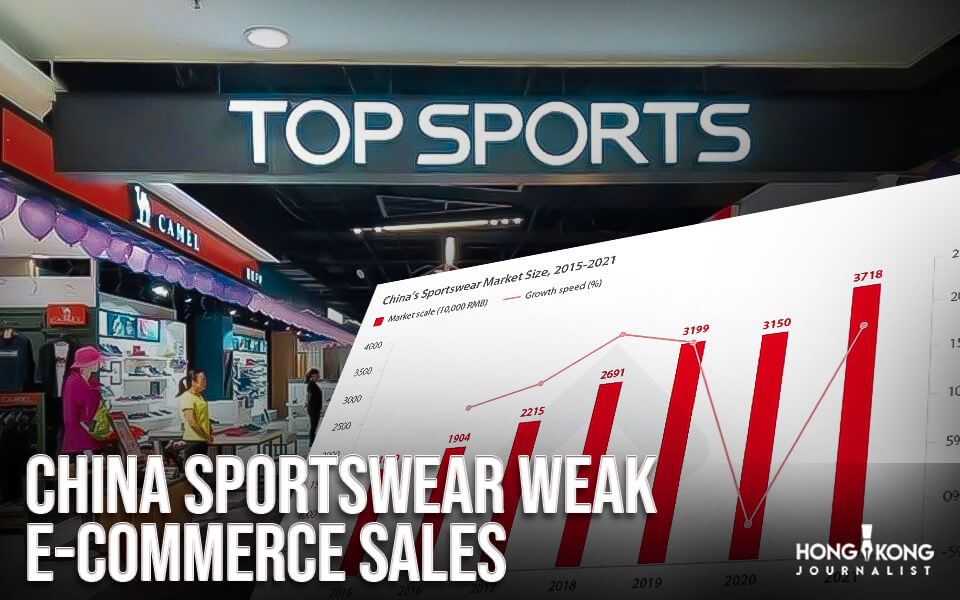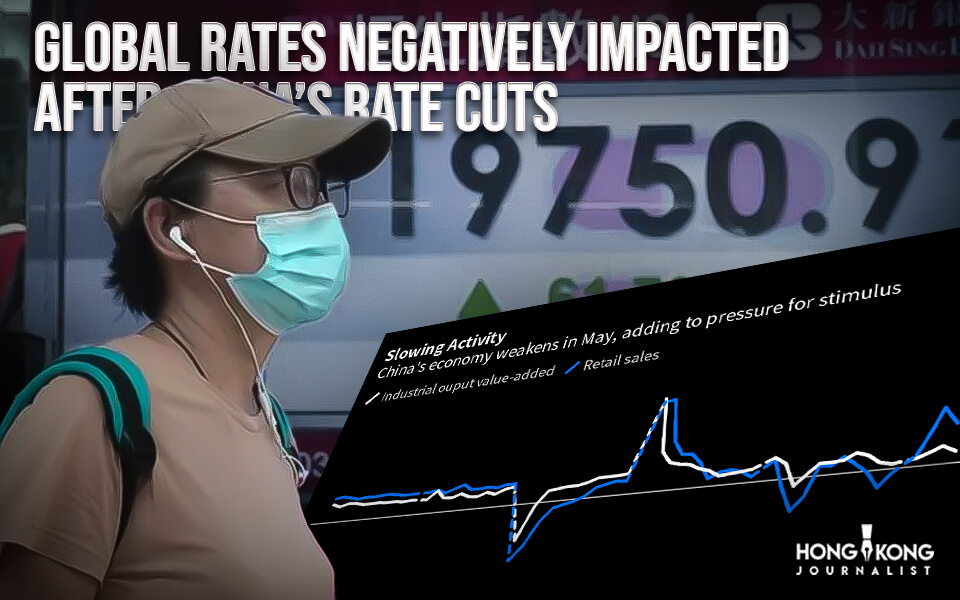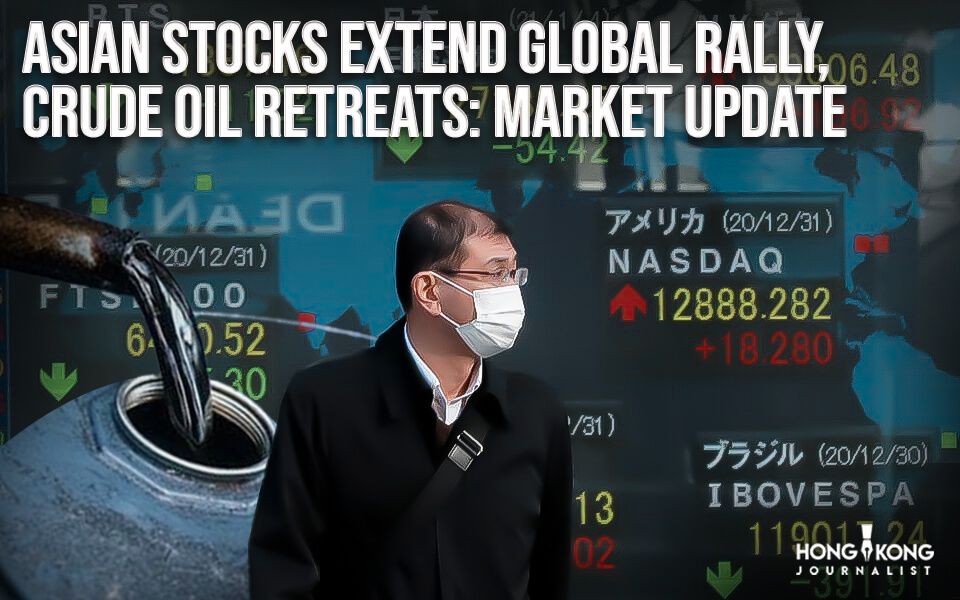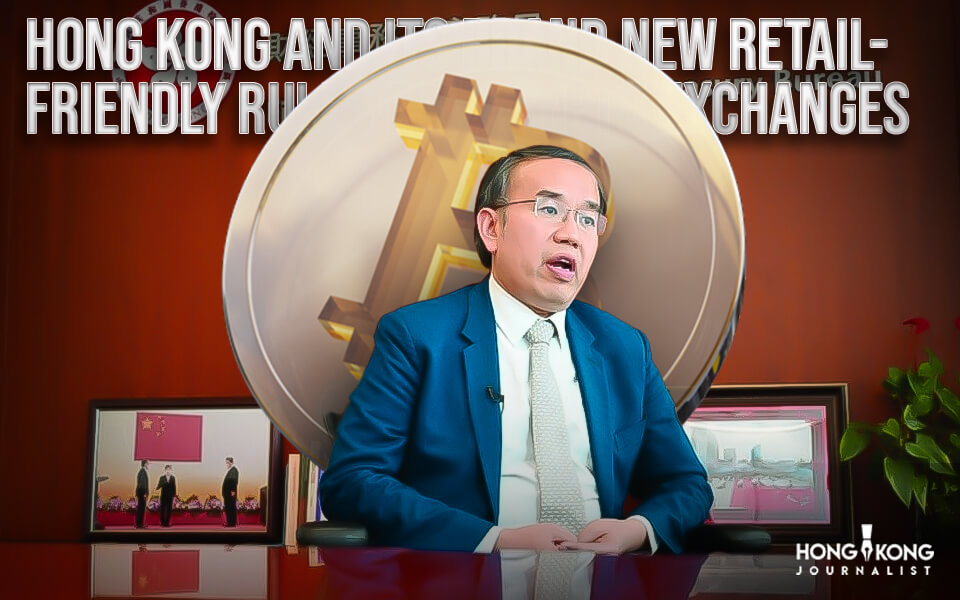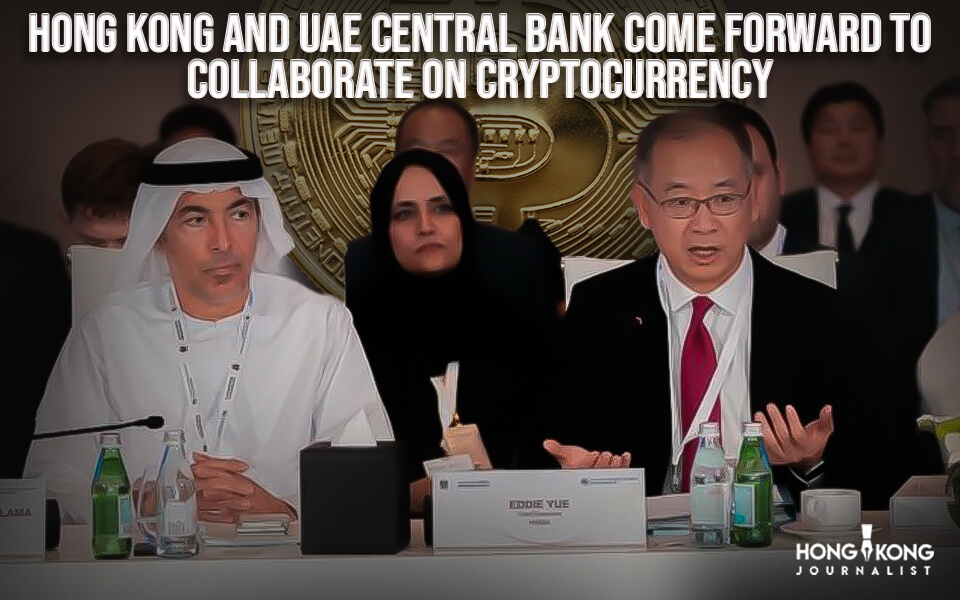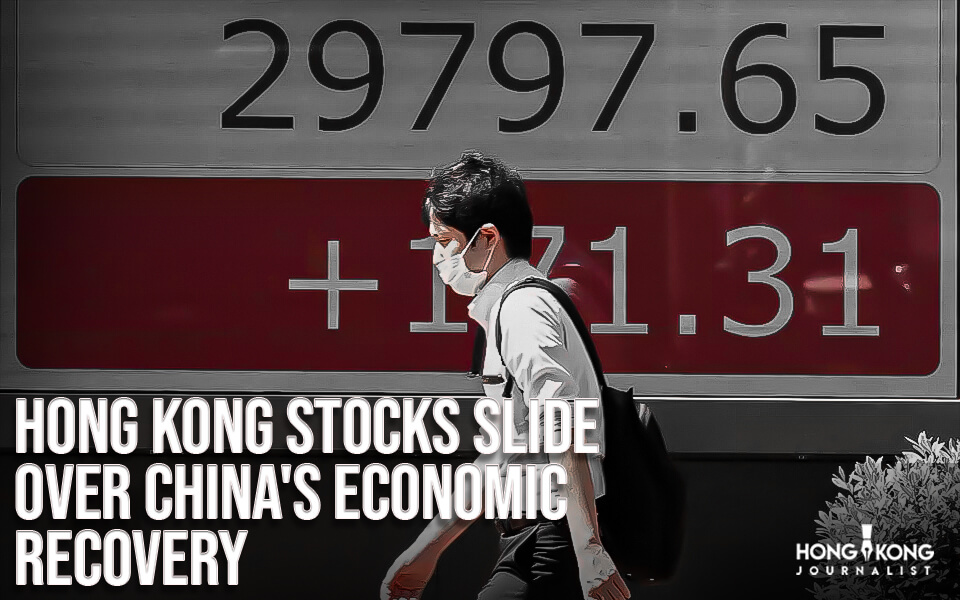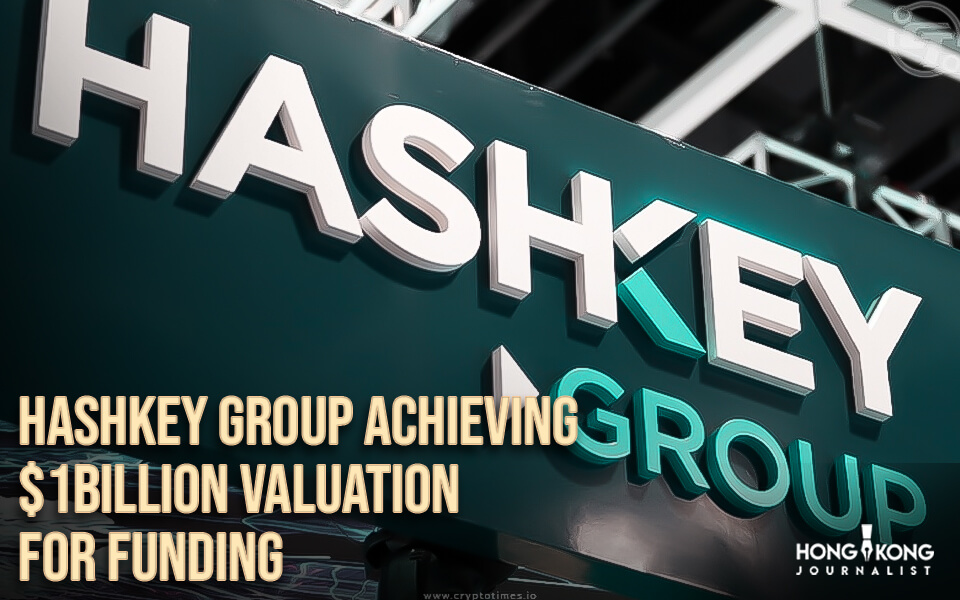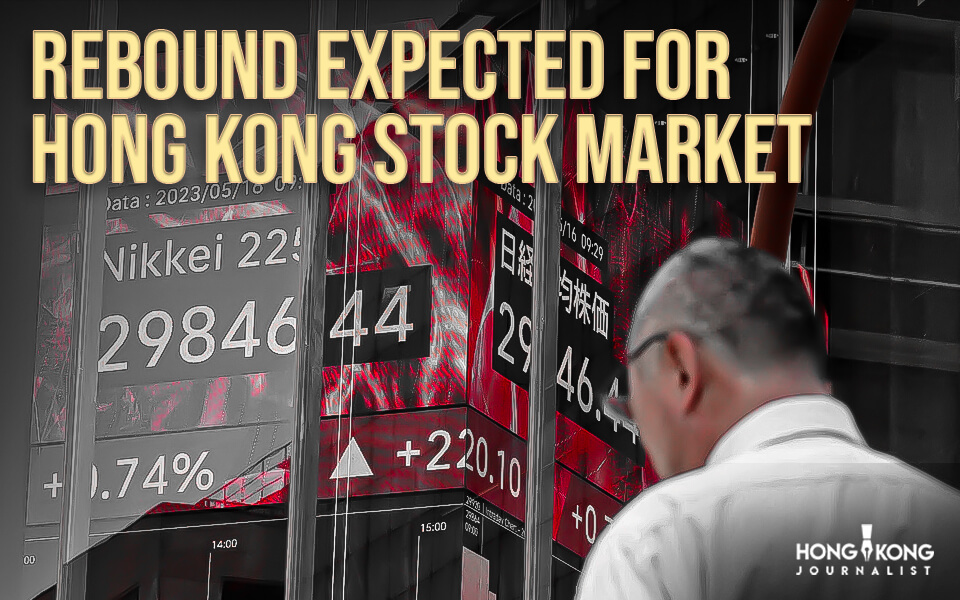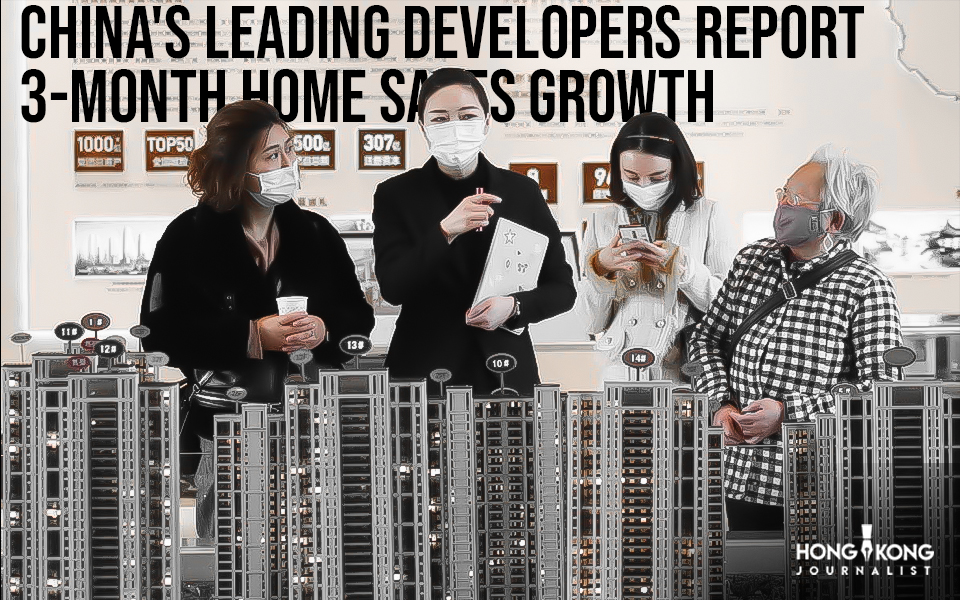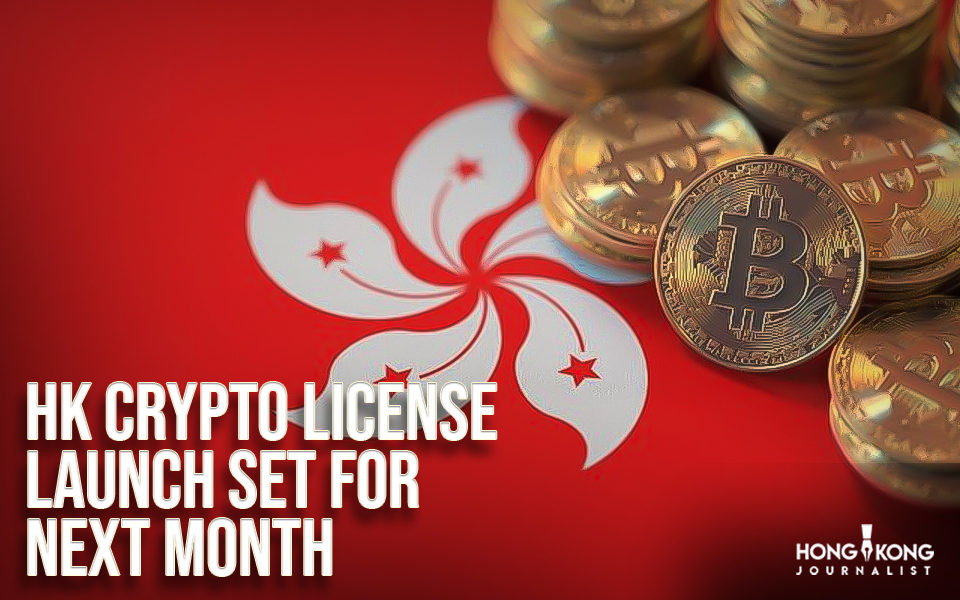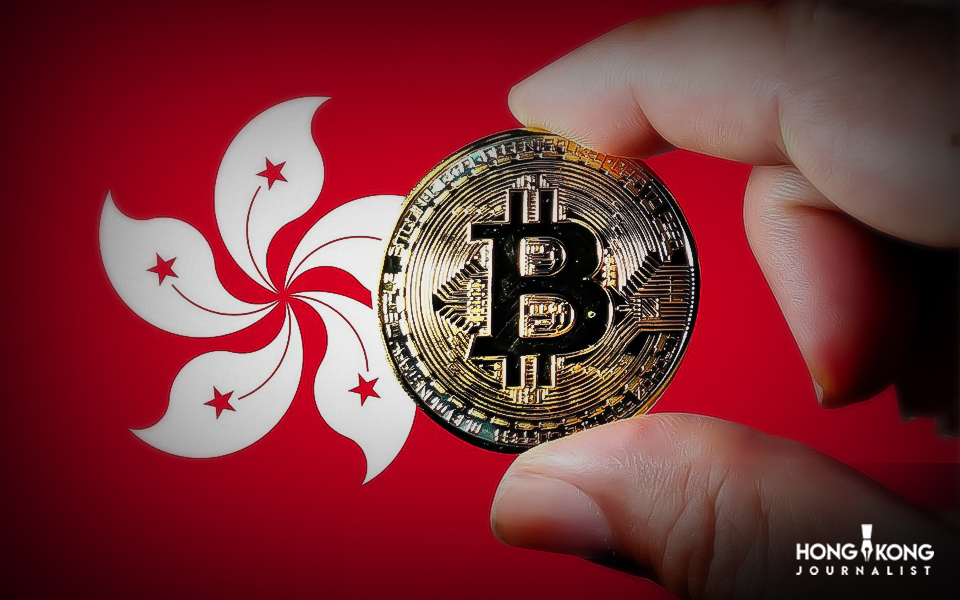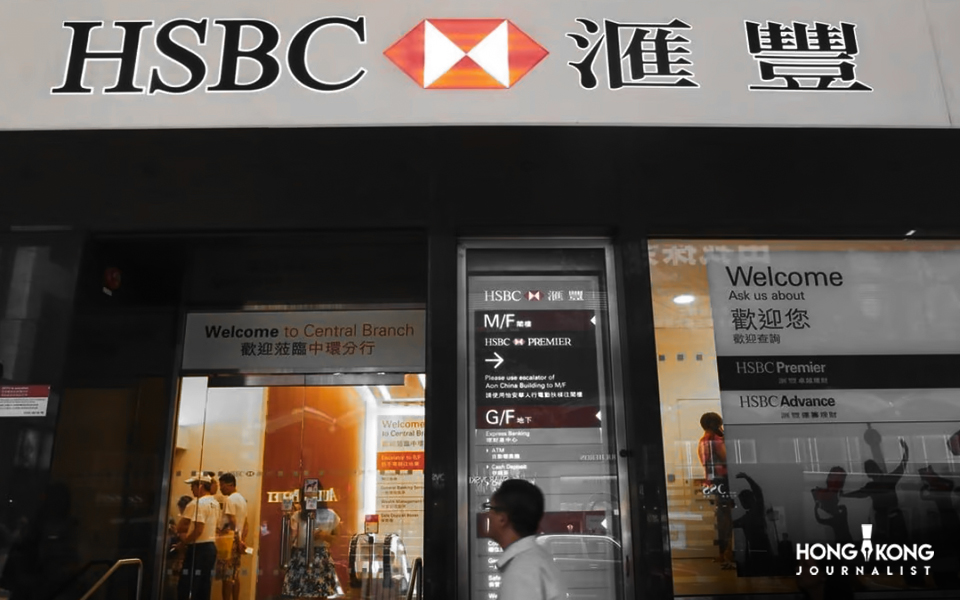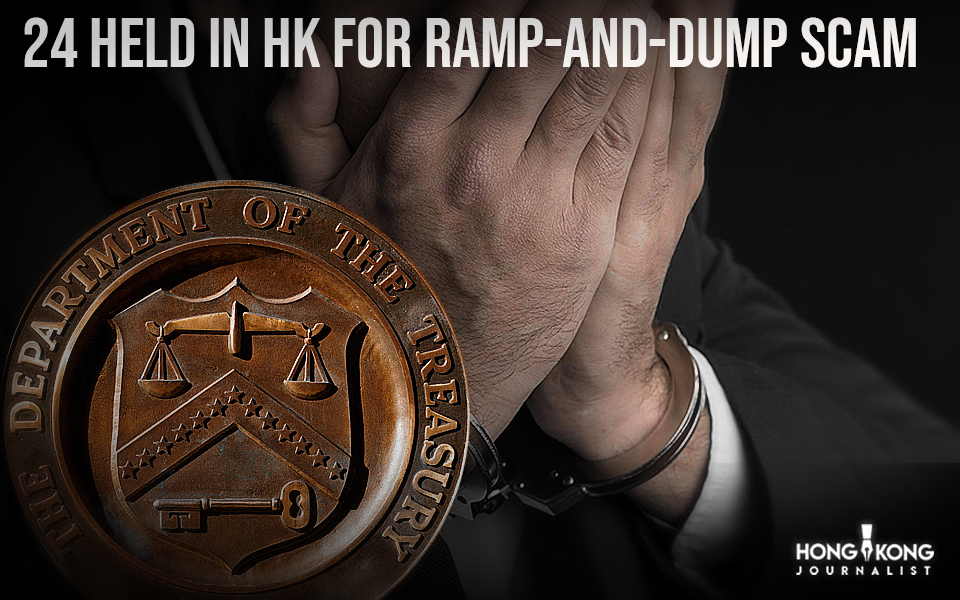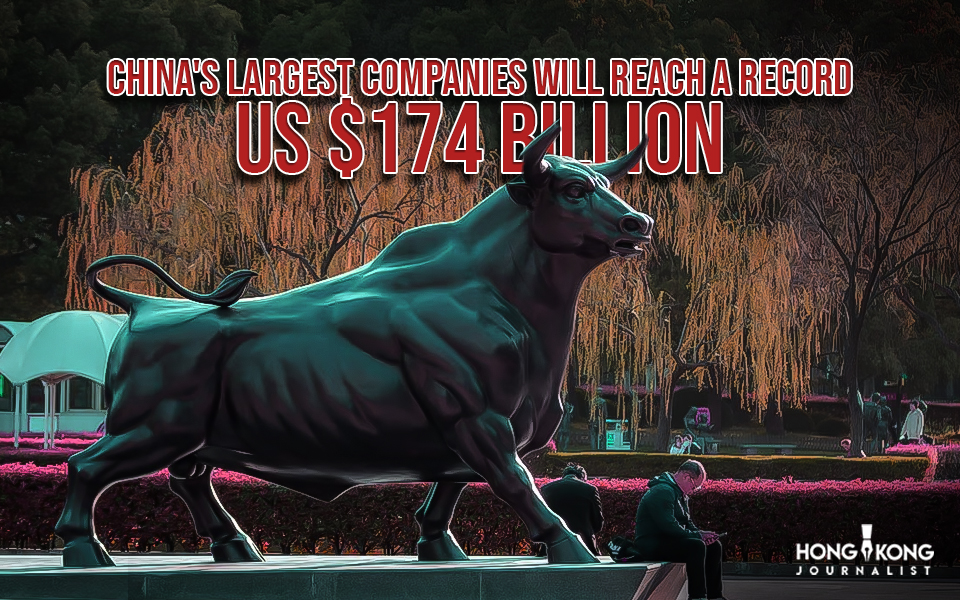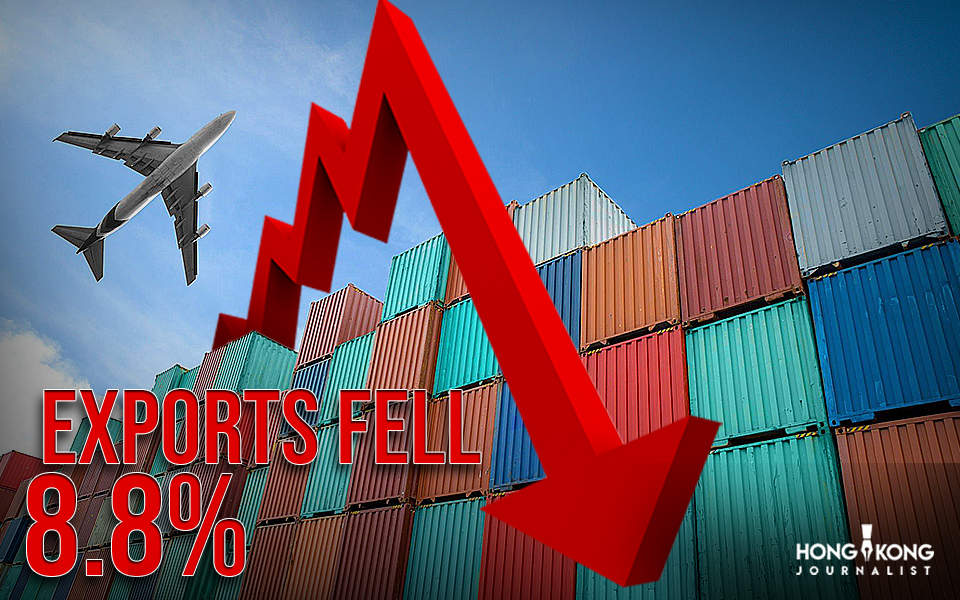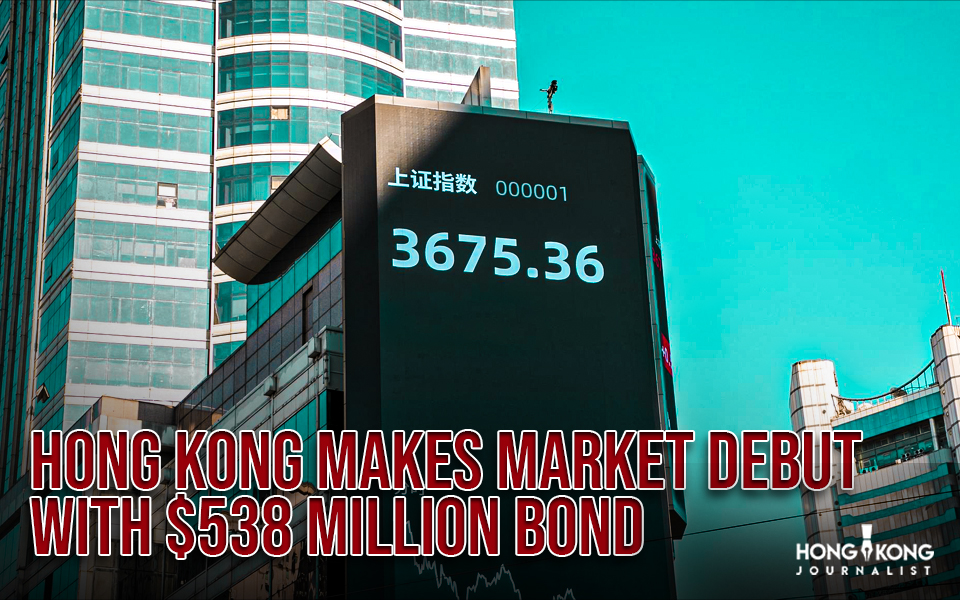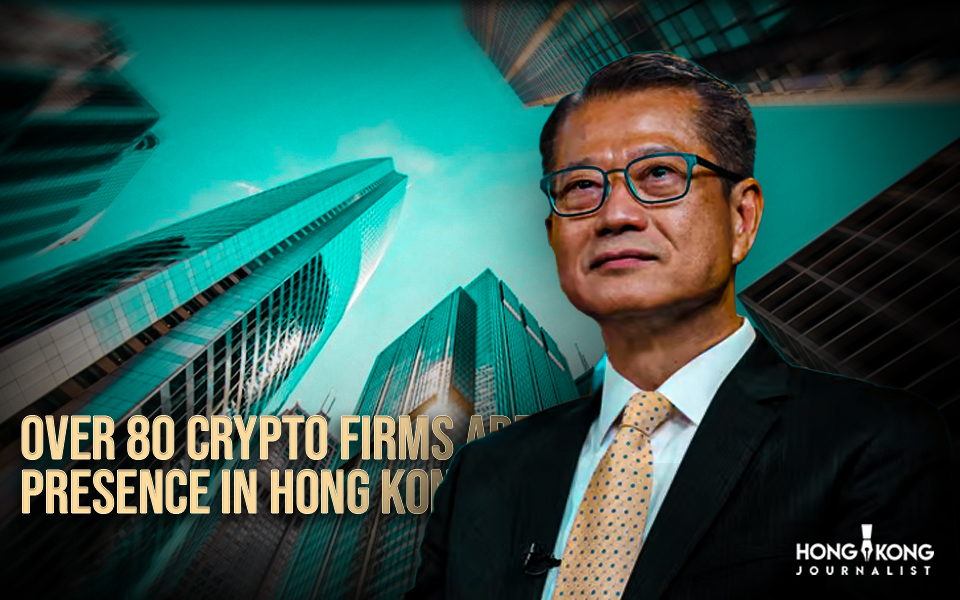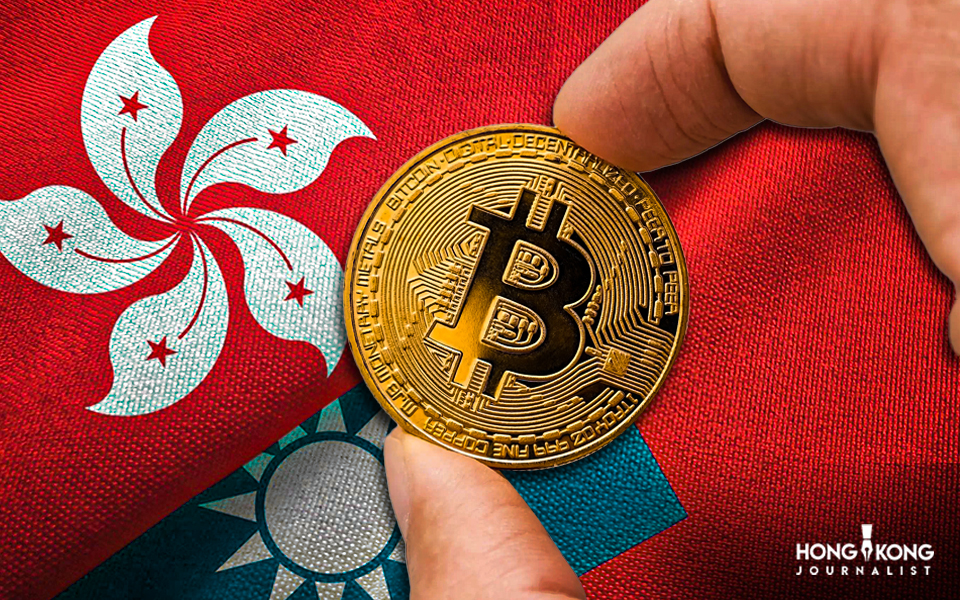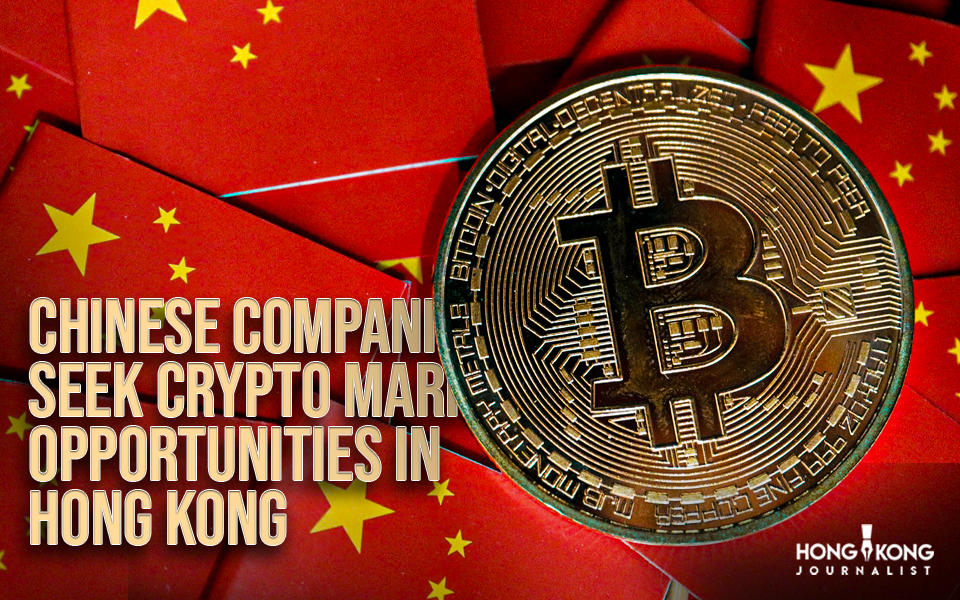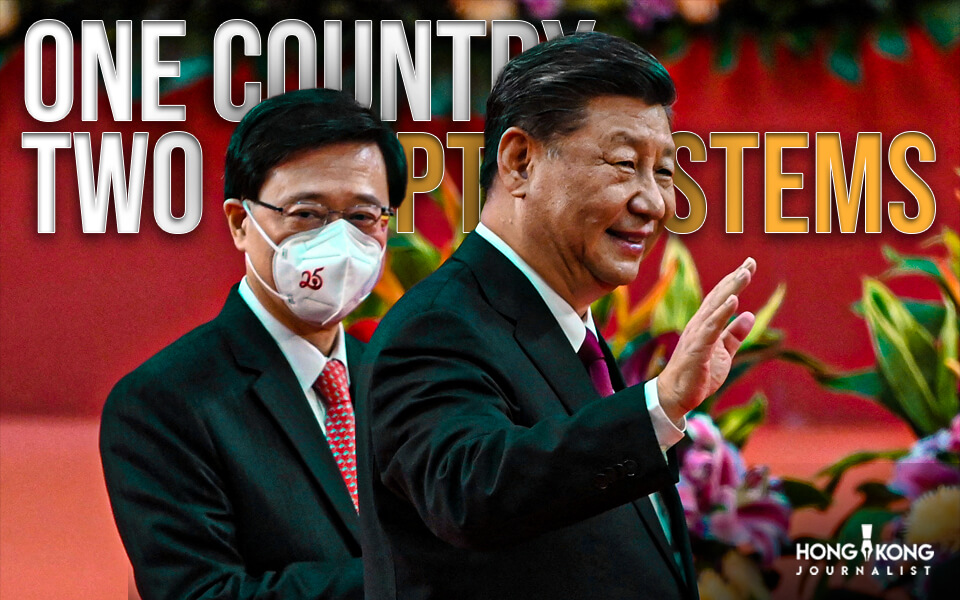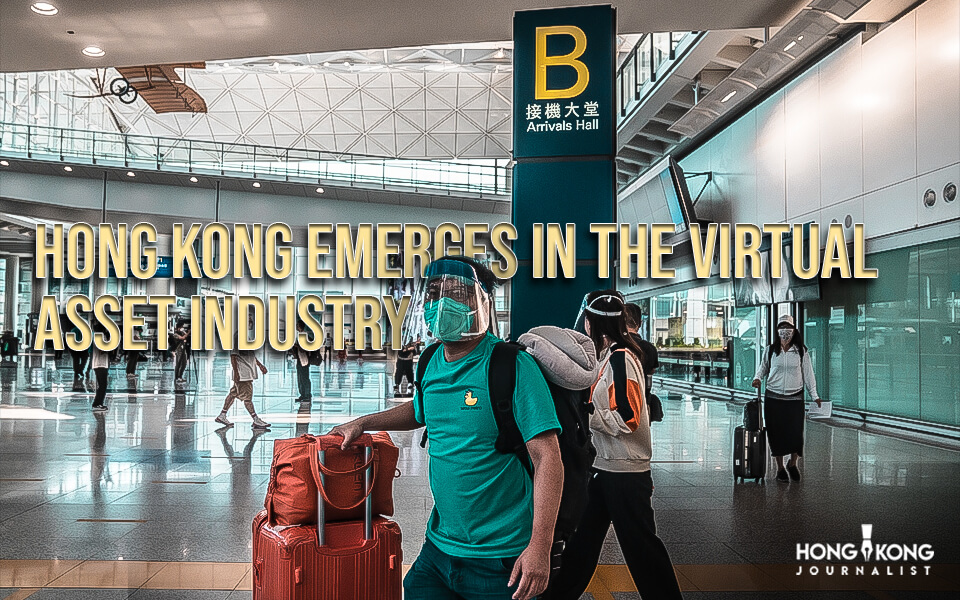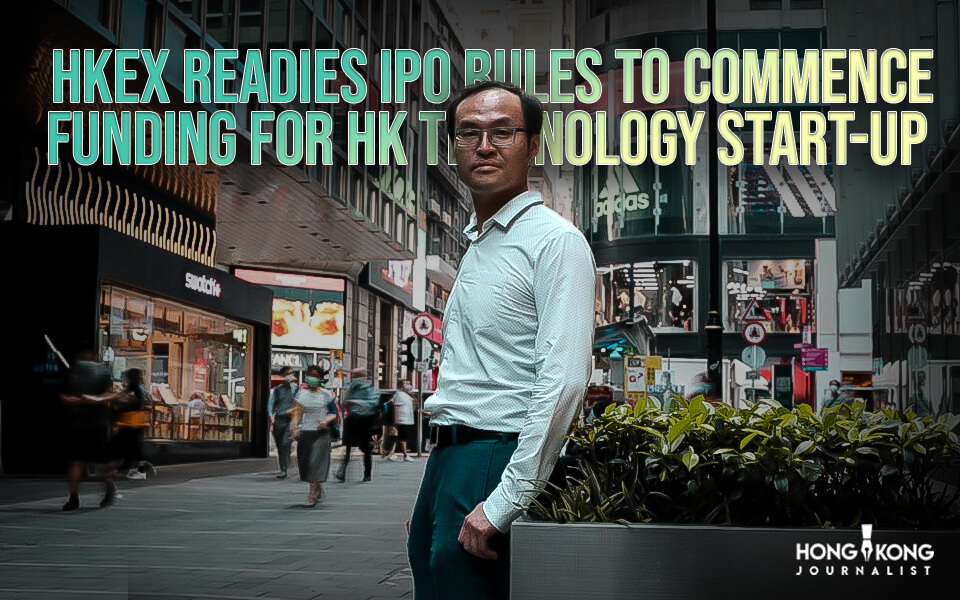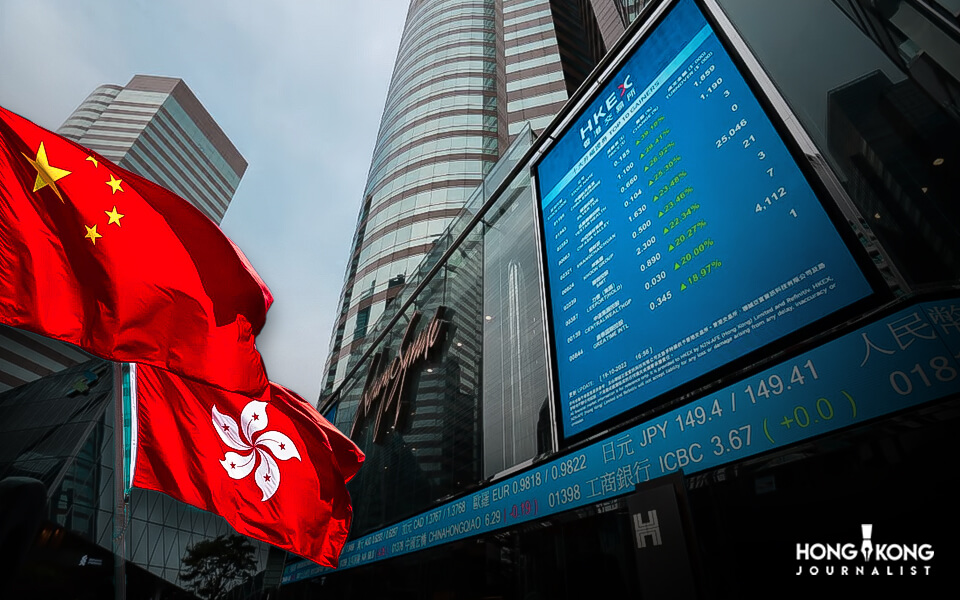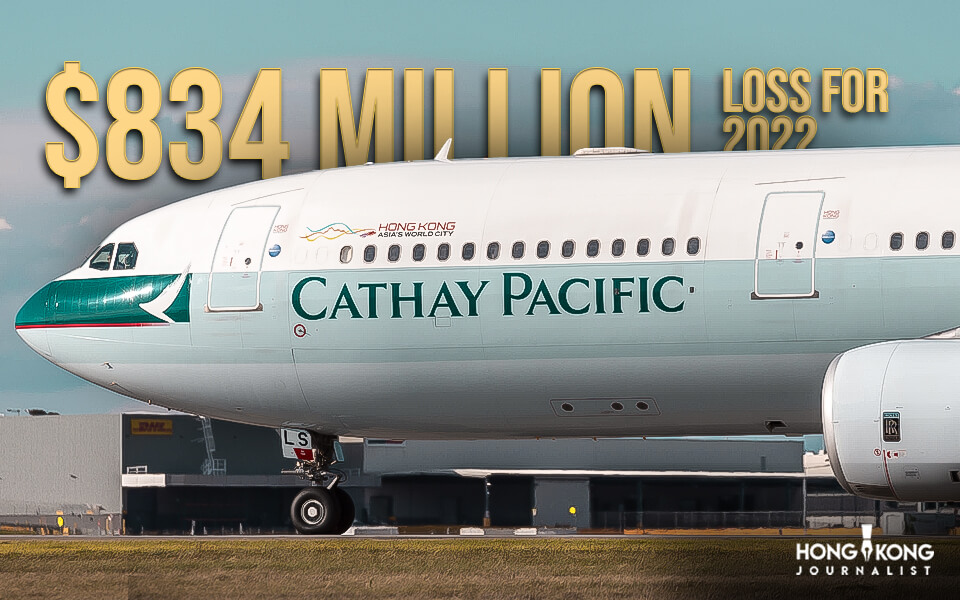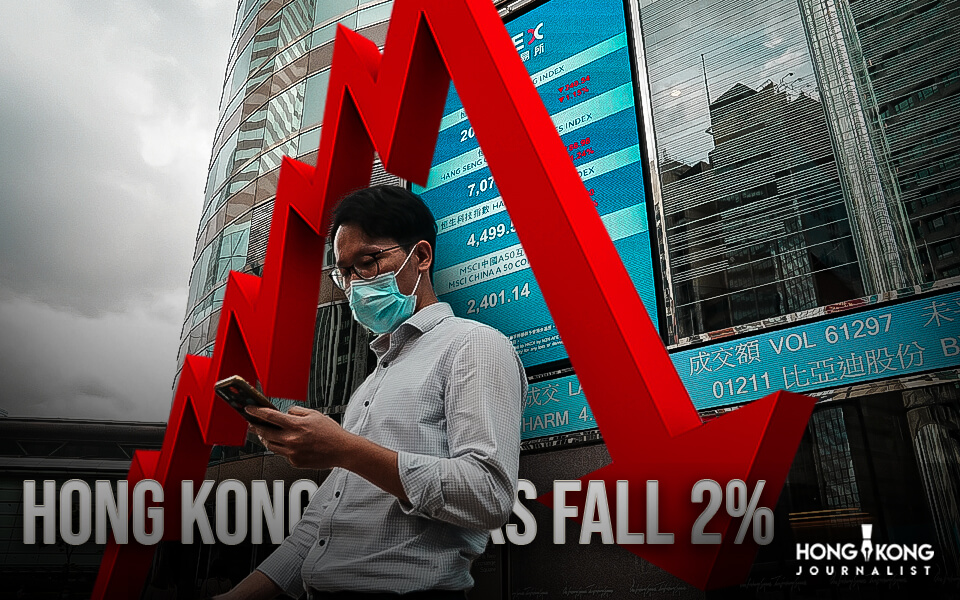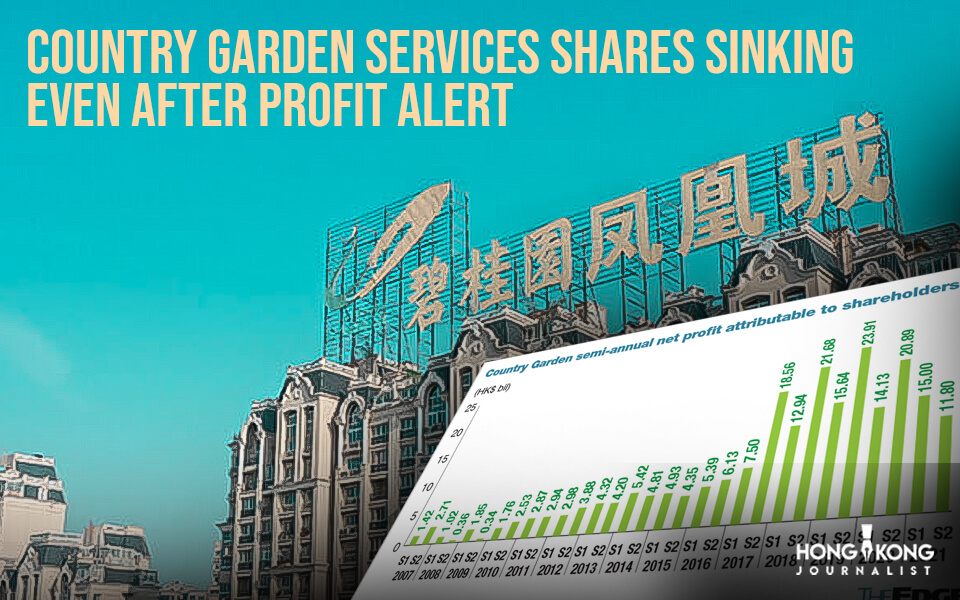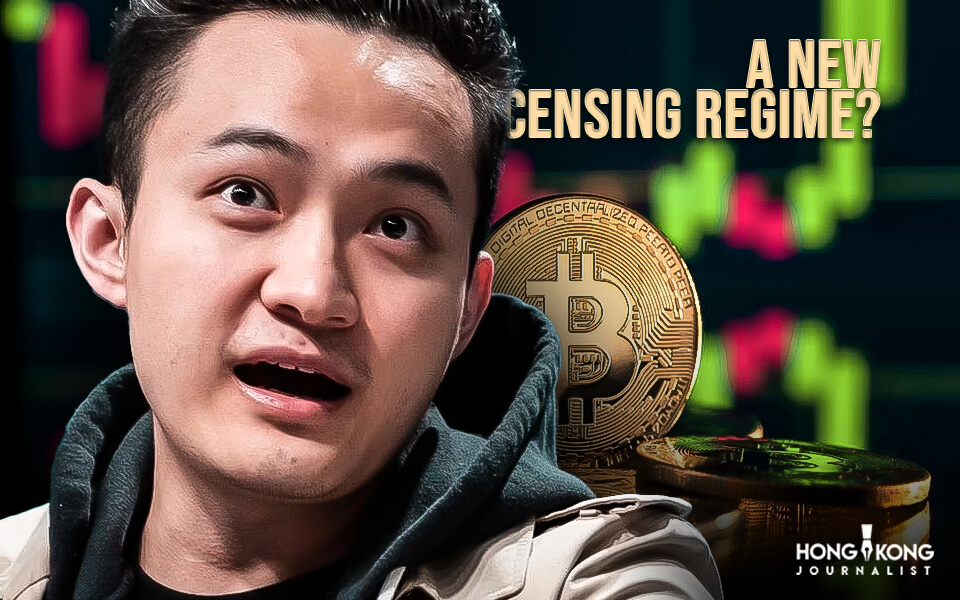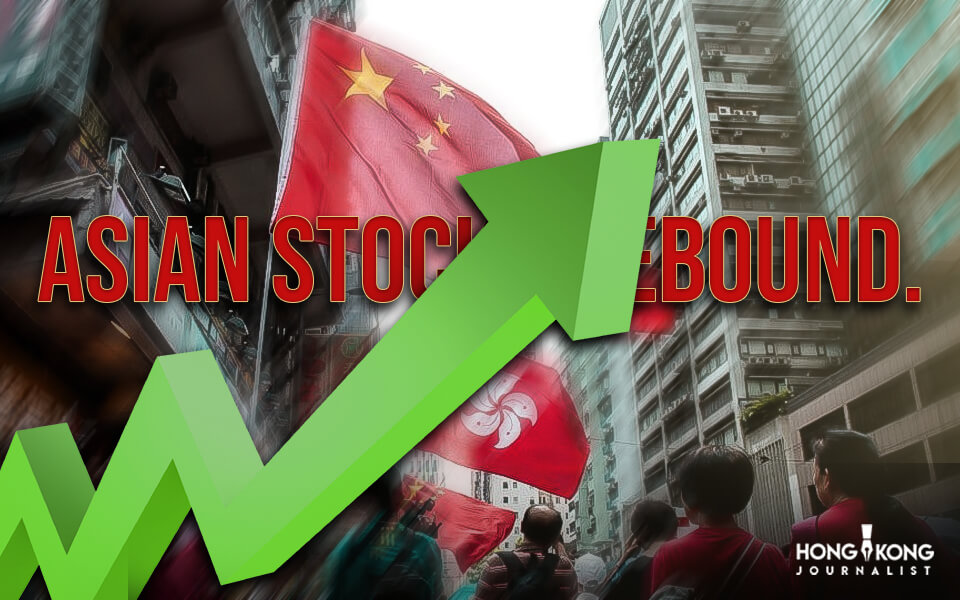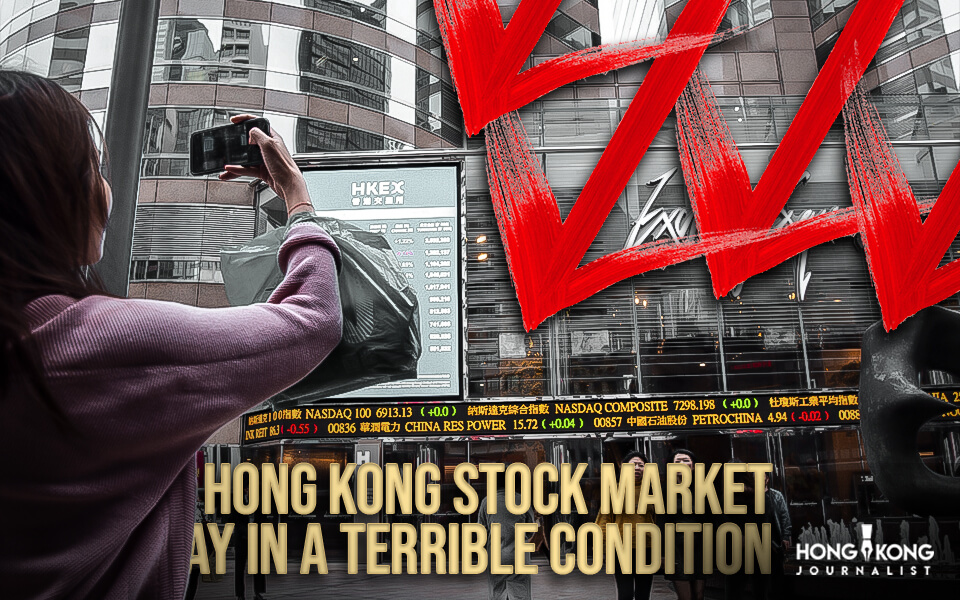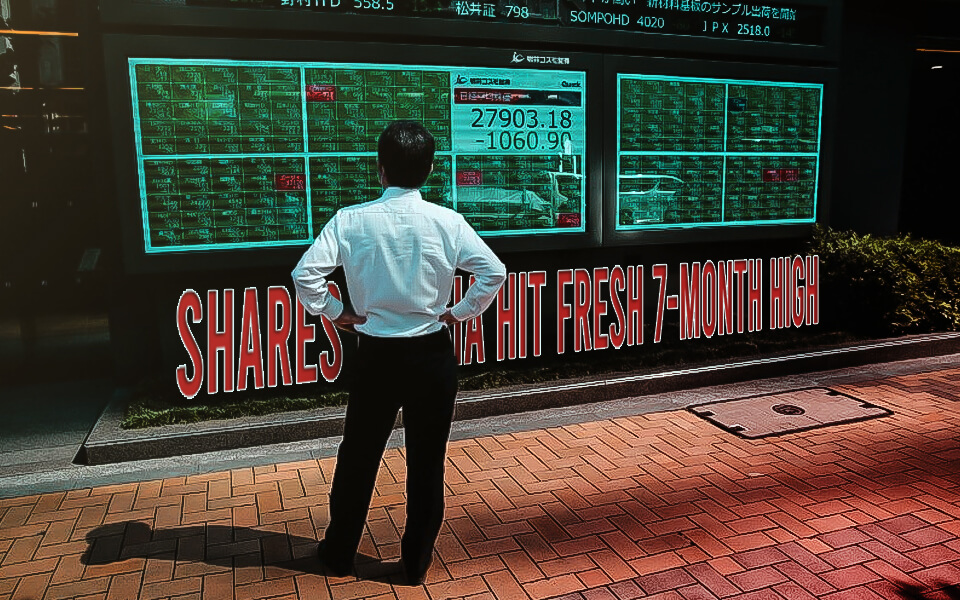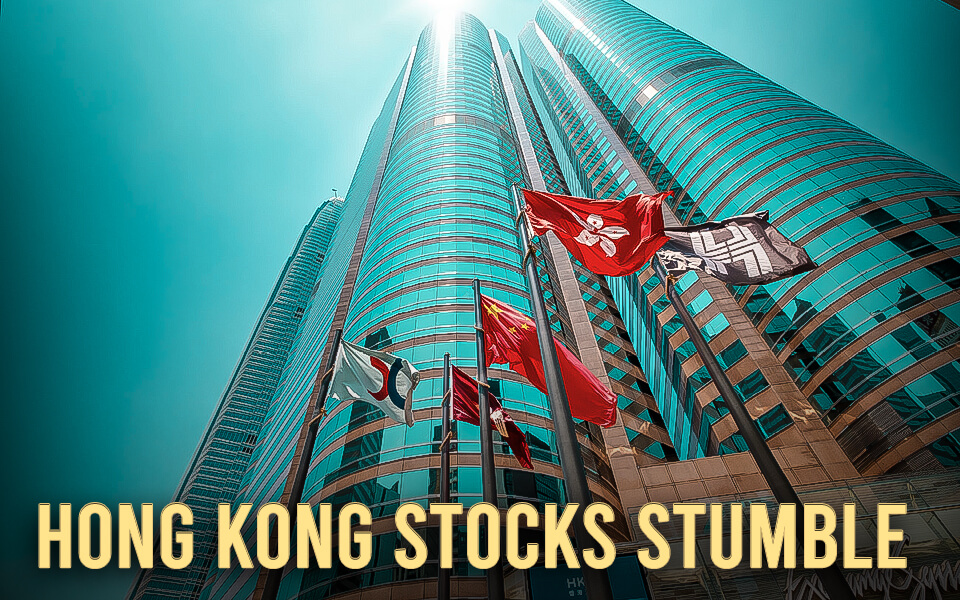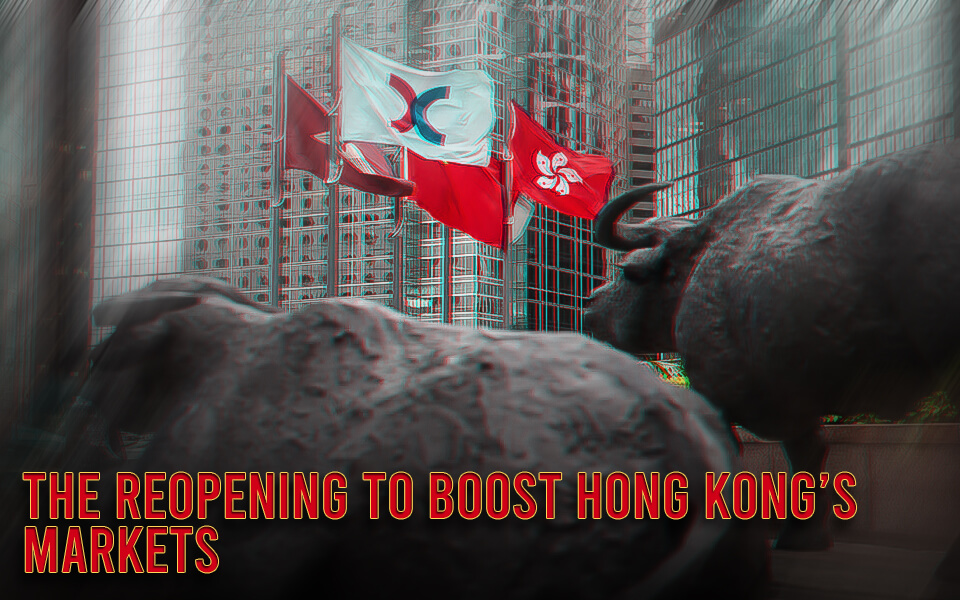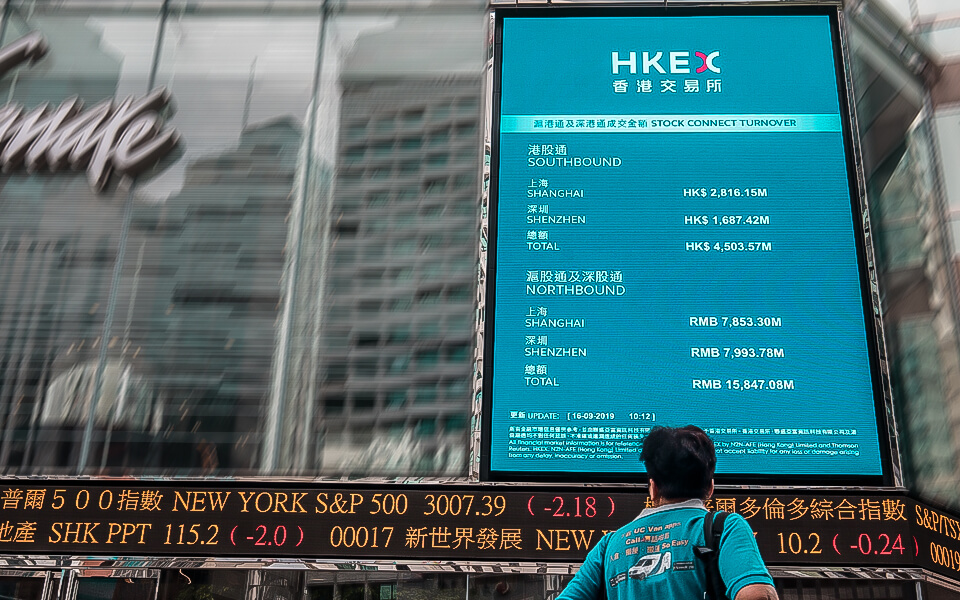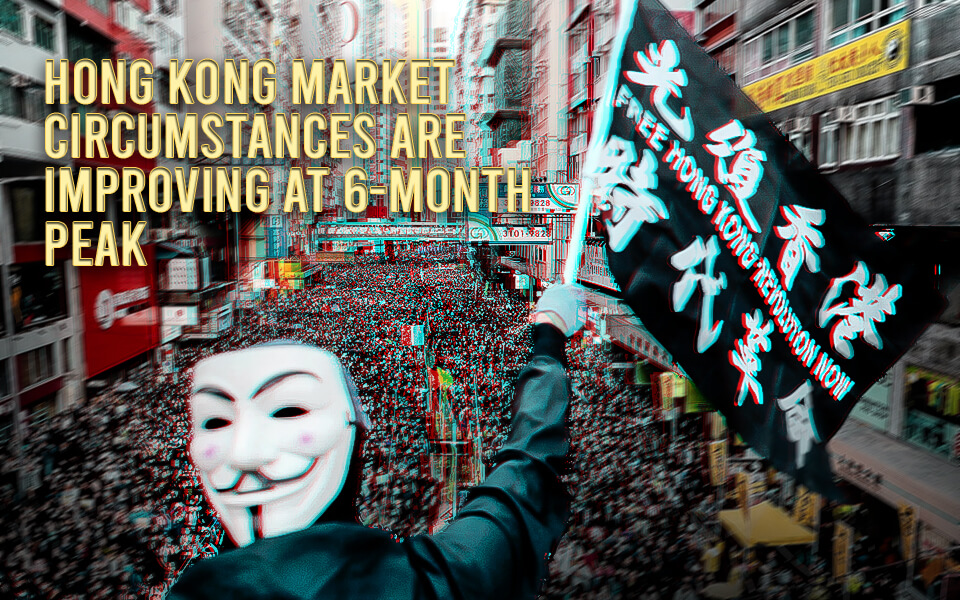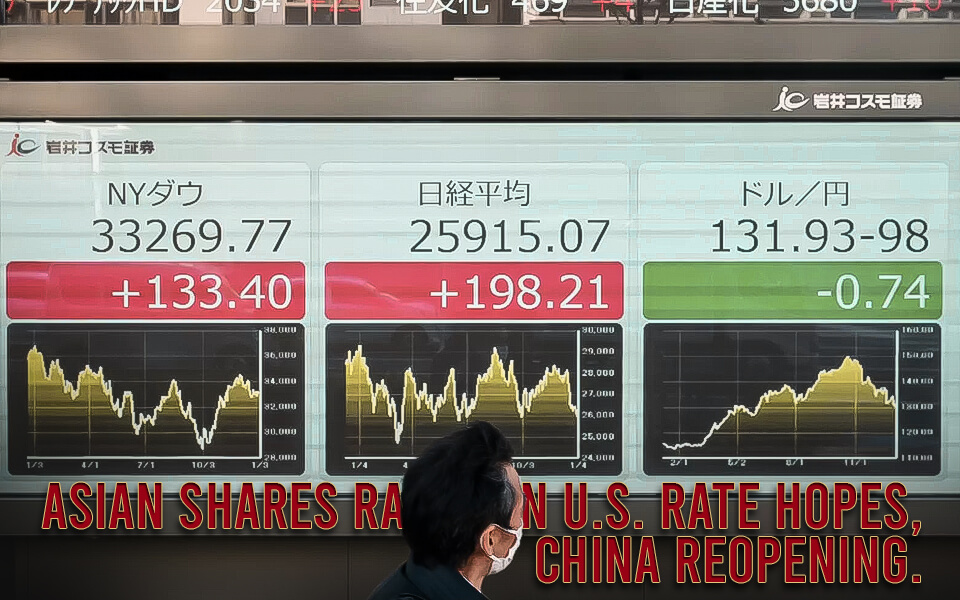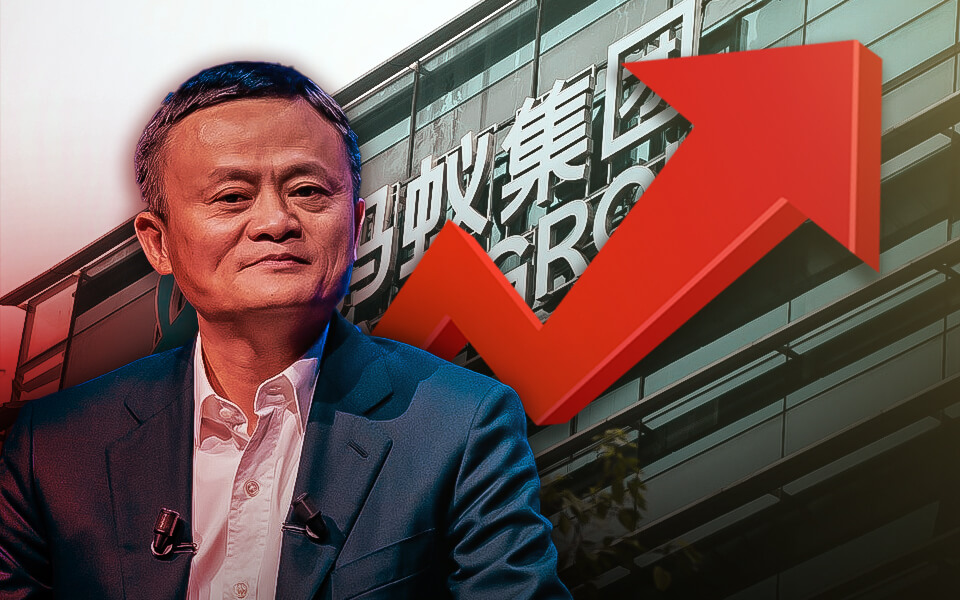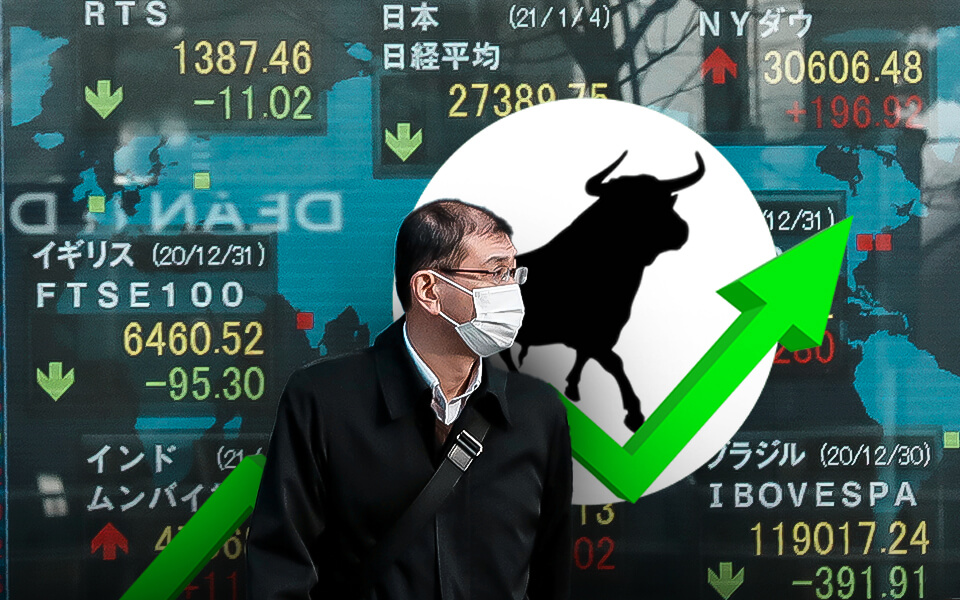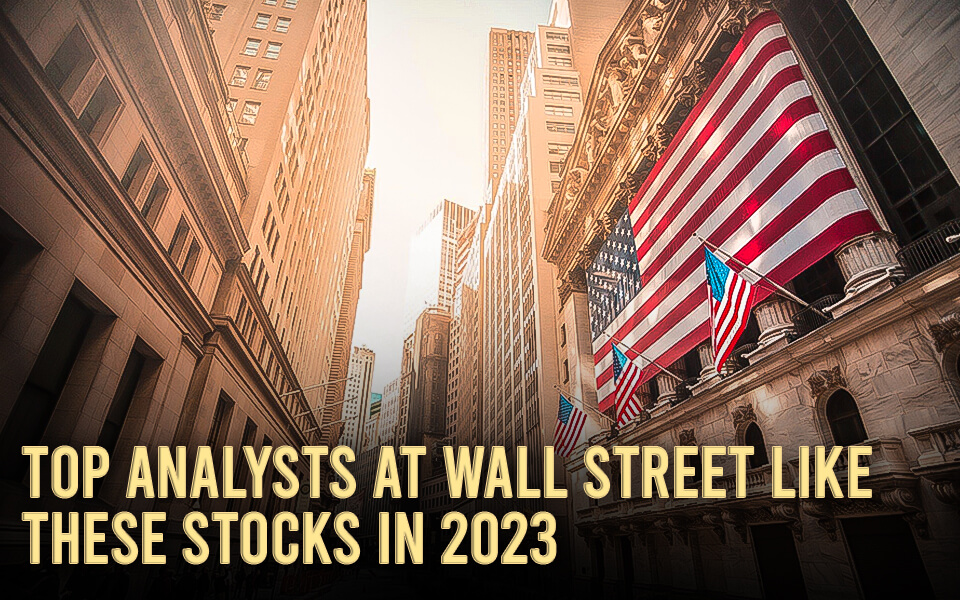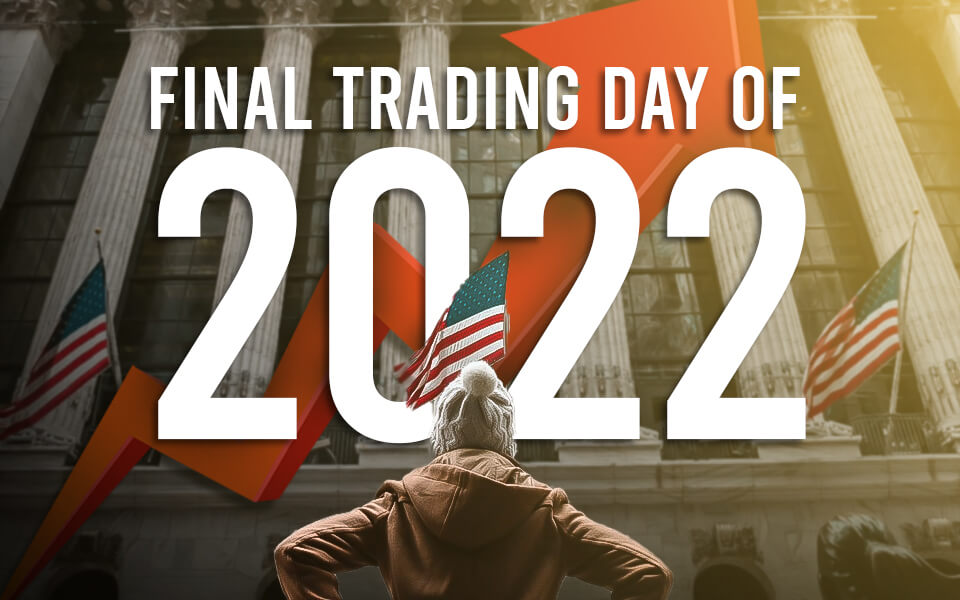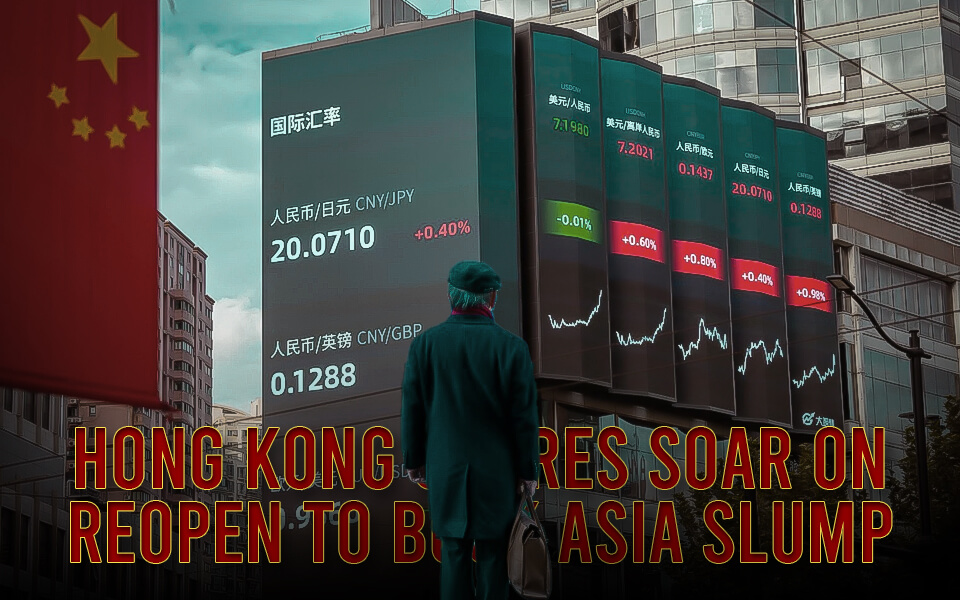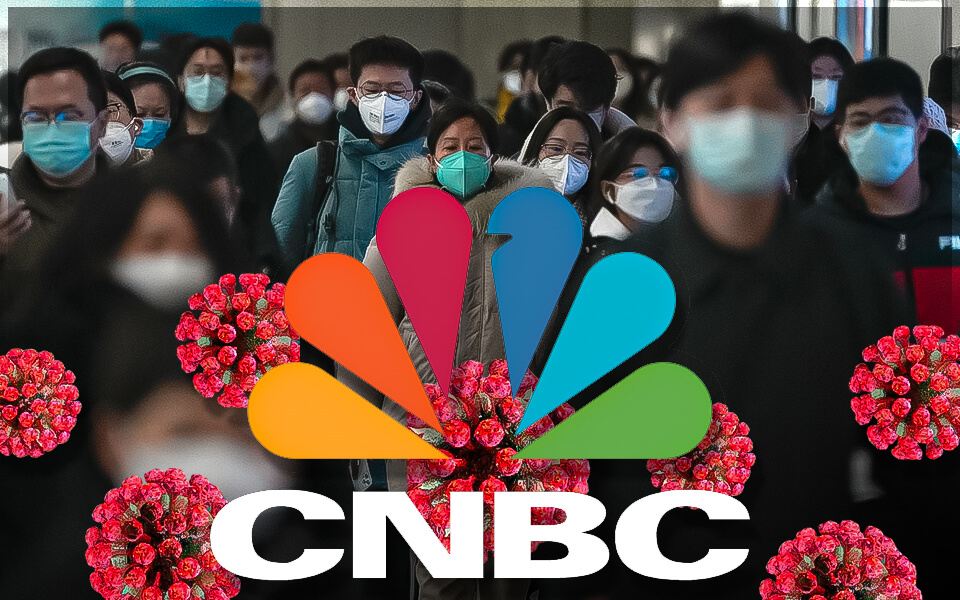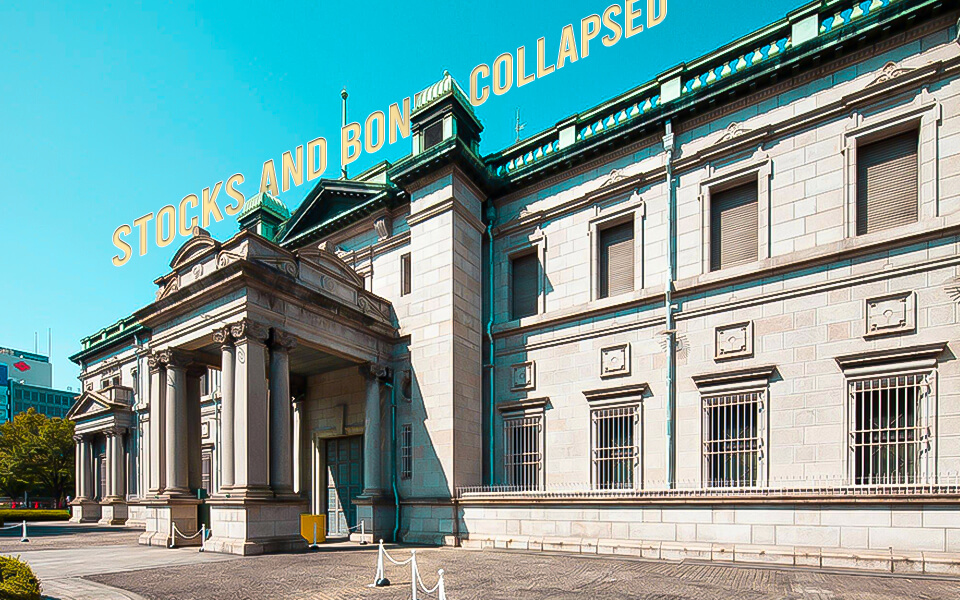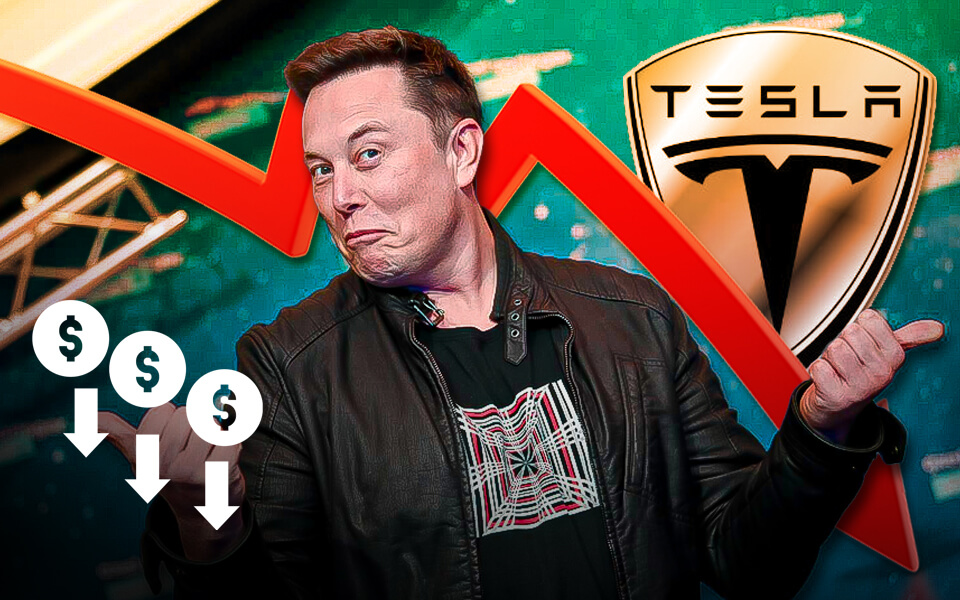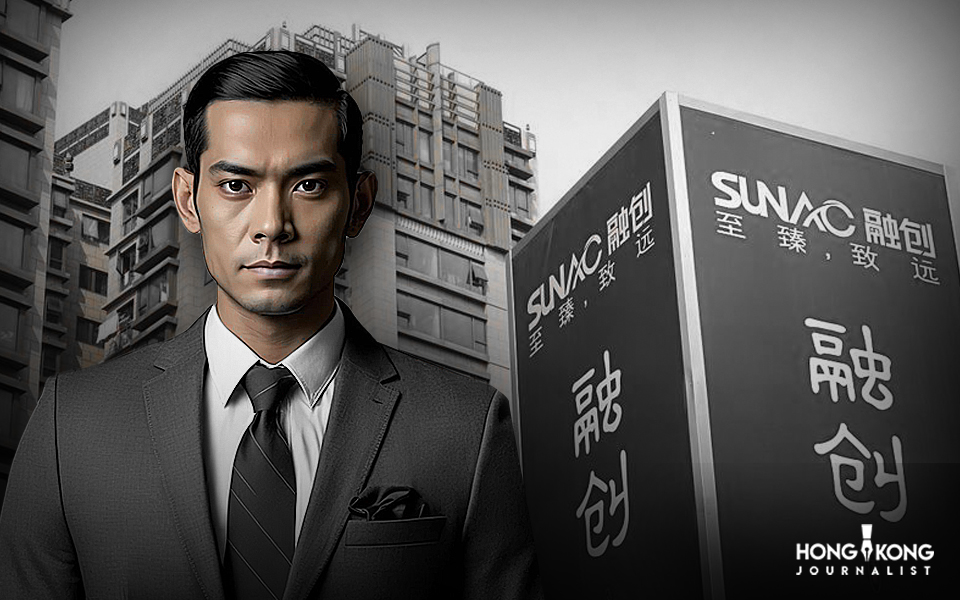
In This Article:
- Sunac China is said to have re-started trading after ‘debt restructuring’.
- Trading recommenced as Sunac met the Hong Kong stock exchange’s conditions. This included publishing its long-delayed results.
According to Sunac’s filing from Wednesday evening: The firm published annual results for 2021 and 2022 to fulfil the Hong Kong stock exchange’s prerequisites for trade to resume.
On Thursday, the Sunac China Holdings shares plunged in Hong Kong once trading resumed. The embattled mainland Chinese developer underwent a US$ 9.1 billion debt restructuring.
After the April 1st 2022 termination, when the trade re-started, the stock fell 59 percent before closing at HK$2.04. (Thursday’s data)
A Senior Associate at CGS-CIMB SecuritiesTrading in Sunac’s stock, Will Chu, mentioned that it was likely to be “quite volatile.”
Sunac China Holdings Limited reported stock trading after the completion of requirements and debt addressal. In a stock market filing, the real estate property said that it accomplished resumption guidance like,
“(i) publishing all outstanding financial results as required by the Listing Rules and addressing any audit modifications and (ii) demonstrate the Company’s compliance with Rule 13.24 of the Listing Rules.”
According to the firm,
“As of 31 December 2022, the Group’s audited total assets amounted to approximately RMB1.090b and the Group’s audited revenue for the year ended 31 December 2022 amounted to approximately RMB96.75 billion, as set out in the Company’s audited results dated 31 March 2023 of the Company for the year ended 31 December 2022.”
Suntec executes businesses with sufficient operations and assets of sufficient value. Additionally, Suntec arrived at a settlement with an ad-hoc group of offshore creditors of the firm regarding the proposed offshore debt restructuring and implementation.
It is part of the Hang Seng China Enterprises Index, and its exclusion “saw an immediate selling pressure by index funds.”
The real estate company, Sunac, is the 4th distressed Chinese developer to return to trading in Hong Kong. While Logan Group was the first to restart trade last August, Jingrui Holdings and Kaisa Group Holdings restarted trade last month.
Sunac mentioned that in its filing last month, it settled upon a restructuring agreement with an ad hoc group of offshore creditors. It would now implement the plan which included exchange of US $1 billion of the offshore debt into 9-year bonds, convertible into its shares.
The developer further added that it was dealing with a winding-up petition, with a hearing declared for June 14 in Hong Kong.
The firm, Sunac, said that it had managed to reduce losses. It fell 54.2% year after year in 2022 to 820 million yuan. The core net loss reduced 45.2% to 13.86 billion yuan in the same period. In the previous year, the outstanding loan tally fell by 7.2% to 298.4 billion yuan.
The composite assets of the company amounted to 1.09 trillion yuan last year, while the revenue dropped 51.2% to 96.75 billion yuan. It also said it has “assets of sufficient value to support its operations”.
By 2022, the company had 37.54 billion yuan in cash and anticipated that it would generate 1.41 trillion yuan in sales from its land bank of 130 million square meters.
In March, Sunac’s diminished sales value gained 3% every month to 11.18 billion yuan, while the dwindled sales area grew 2.6% to 835,000 square meters.
In other developments, shares of another troubled developer, Sinic Holding Group (suspended since September 2021) were delisted on Thursday.
20 other developers, including: Shinsun Holdings, Fantasia Holdings Group and China Evergrande Group (world’s most indebted developer with more than US$300 billion of liabilities) remain suspended in Hong Kong. They face the risk of ‘delisting,’ which is a big issue.
These developers are on the verge of restructuring their offshore debt, and take advantage of measures introduced by Beijing in the month of November.
This was in lieu of rescuing the property sector, and ranged from equity financing and bank credit to bond issuances.
- Published By Team Hongkong Journalist

